Picture source = https://www.thelancet.com/journals/lansea/article/PIIS2772-3682%2823%2900098-7/fulltext
India has always inspired the world on environmental protection and now is the time India leads the world by example and conserves our environment. India’s per capita carbon footprint is significantly lower than world average because lifestyle is still rooted in sustainable traditional practices.
Ever noticed why you feel rejuvenated when you inhale fresh clean breeze of air with no pollutants? There is a great sense of belongingness and an invisible connection towards mother Earth while doing so. Breathing unpolluted air has become a rare phenomenon in a city like Delhi and it is spreading fast to other cities as well. This time (winter months of year 2022), Bombay and Bangalore too witnessed very poor levels of Air Quality Index. Air pollution alone is reducing solar power generation by 29%. Himalayan ice sheets have shrunk and there is a global sea level rise prediction between 2-6 feet by year 2100. Reasons can be attributed towards a cumulative effect of all environment damaging activities we do on day to day basis. The sad part is we acknowledge the facts that our habits have degraded the planet to an extent that it is time to act on it but we seldom act. However, our simple habits can bring about myriads of changes towards betterment of the environment and that’s the beauty of it. With this aim, at the 2021 UN Climate Change Conference (UNFCCC COP26), Hon’ble Prime Minister of India, Shri Narendra Modi announced Mission LiFE, to bring individual behaviours at the forefront of the global climate action narrative. The mission named Pro-Planet People (P3) aims to adopt environment friendly lifestyles and drive LiFE as an international mass movement towards “mindful and deliberate utilisation, instead of mindless and destructive consumption” to protect and preserve the environment.It is time to take mindful day-to-day decisions with the sole aim towards improvement of environment.
Water harvesting techniques have been prevalent in India since a very long time- an example of deep rooted traditional practices in India. A visit to Gujarat and Rajasthan will depict popular technique of rain water harvesting via construction of step wells. Even the underground tanks (tankaa) of Tamil Nadu, check dams (johads) of Rajasthan and the Zabo system of Nagaland that deposit the water in pond-like structures on terraced hillsides have been in use for a long time.
For majority of people, happiness lies in buying new clothes but buying quality garments and making them last is all together a different experience. Our grandparents had only those many clothes that they could take care of. With minimal clothing they led a happy and satisfied life. Unfortunately clothes from fast fashion brands aren’t meant to last really, and it’s important that we realise that, and switch to buying thoughtfully. Vintage and pre-loved clothing should gain momentum. There is a need for a change from throw away culture to circular economy. Simple actions like carrying a steel water bottle/ tumbler to office meetings can be a good start. This will greatly reduce generation of plastic waste from commercial buildings. In addition, minimising electricity consumption and hand-washing and sun-drying of clothes can serve as foundations for LiFE.
Each and every individual must take the responsibility to take care of Mother Earth. Such simple actions can be easily practiced by us for betterment of the environment and save the planet from climate change. Let’s aim to be PRO-PLANET PEOPLE.
Shreya
DM(Env.)
Corporate Office
References:
- https://www.mygov.in/life/
- https://www.wto.org/english/tratop_e/envir_e/session_13_life_deck_for_global_delegates_20_oct_2022.pdf
- https://mopng.gov.in/files/uploads/Concept-Note—Mission-LiFE-(1).pdf
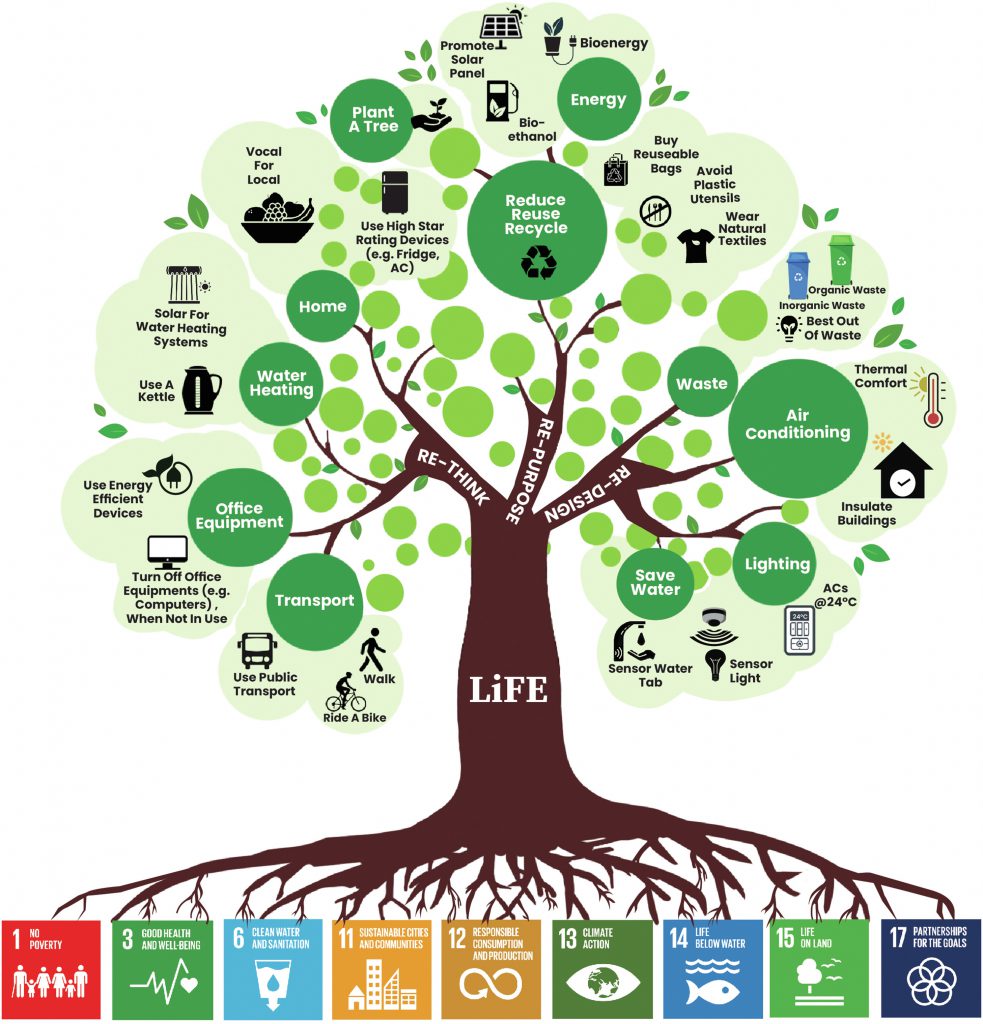









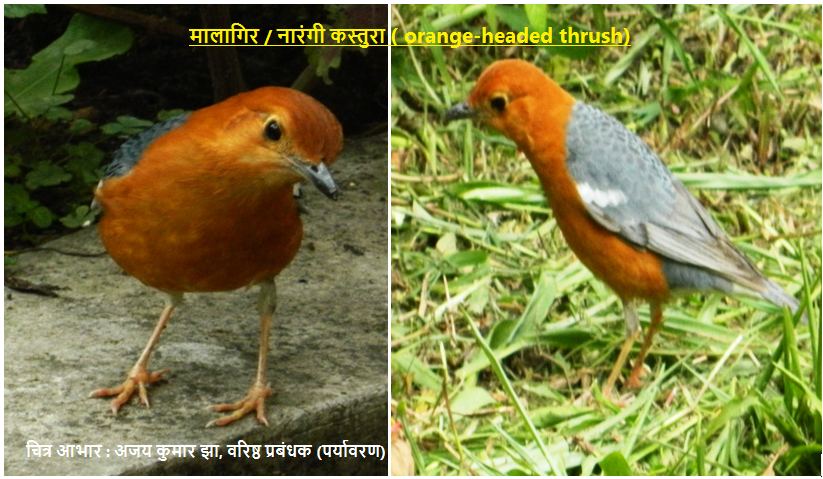


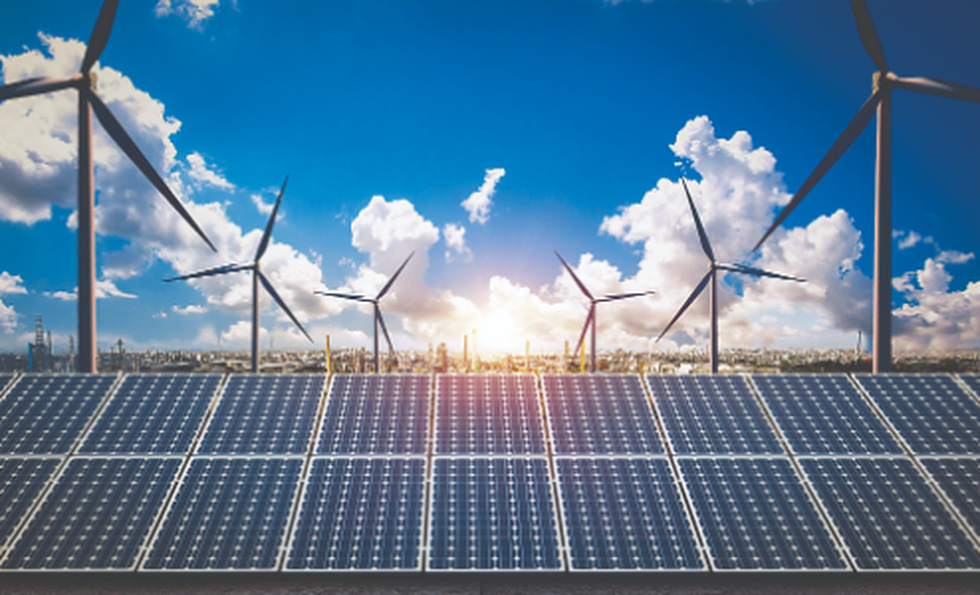


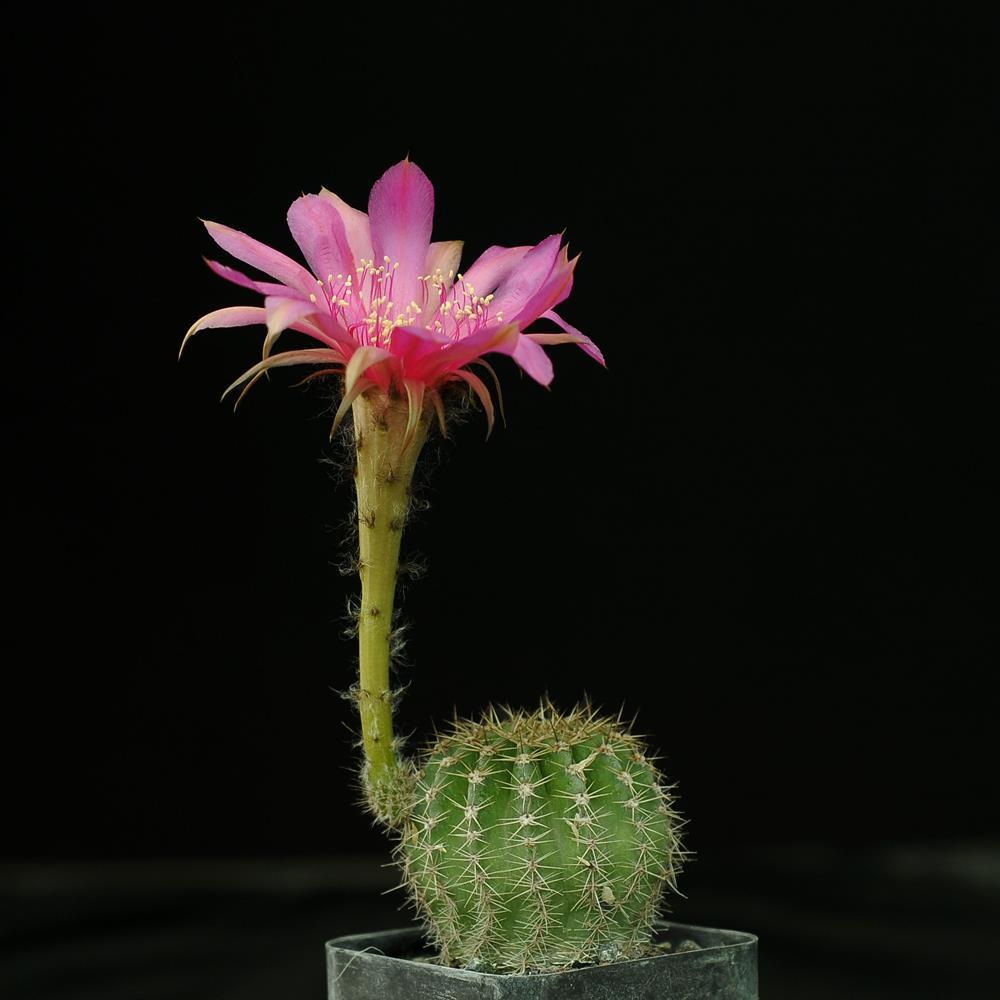
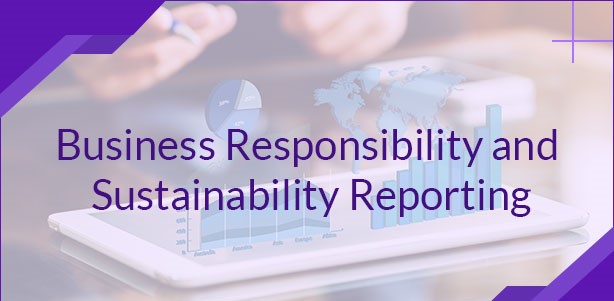

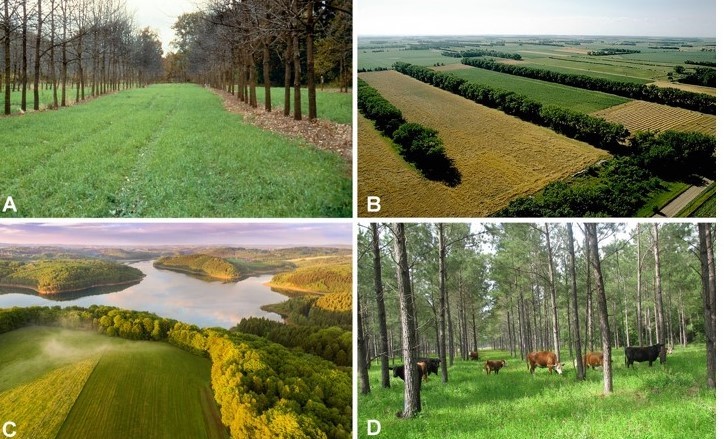
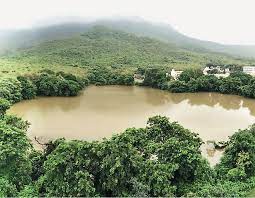
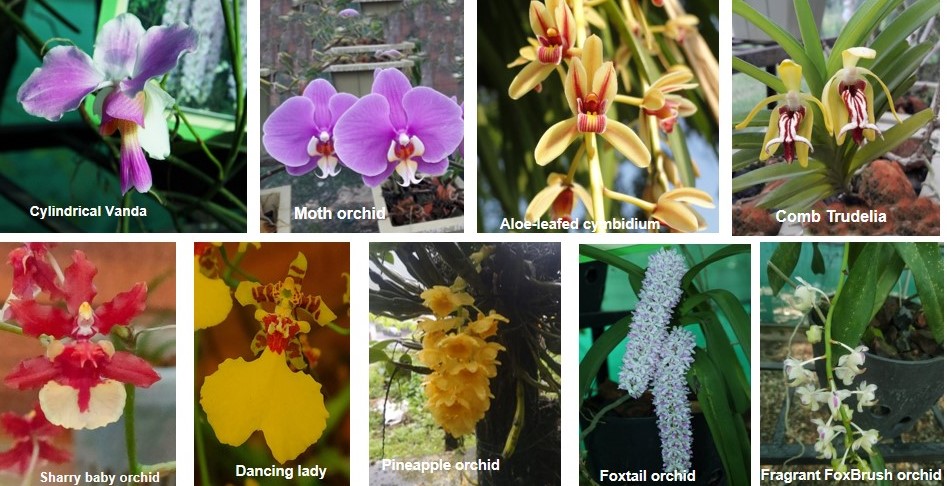
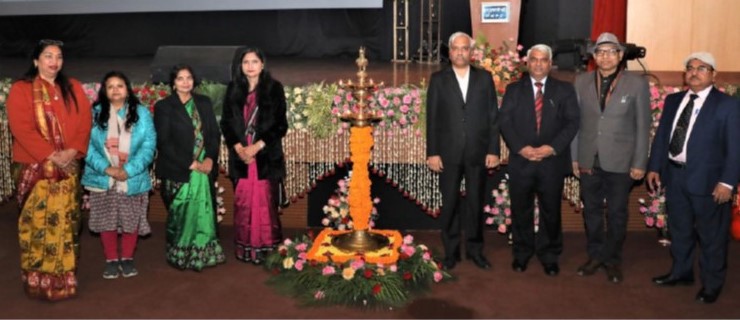
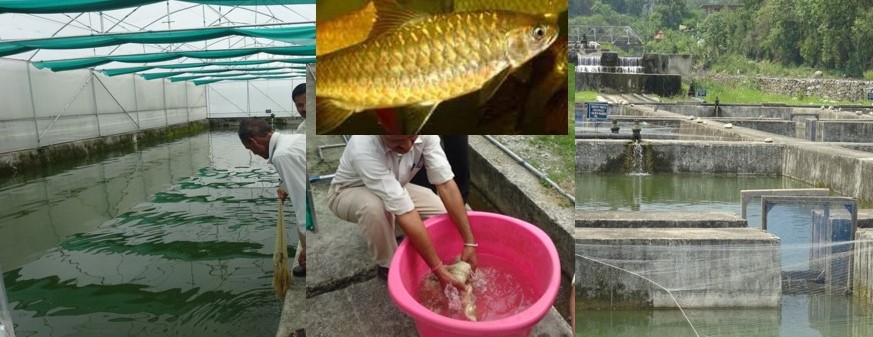





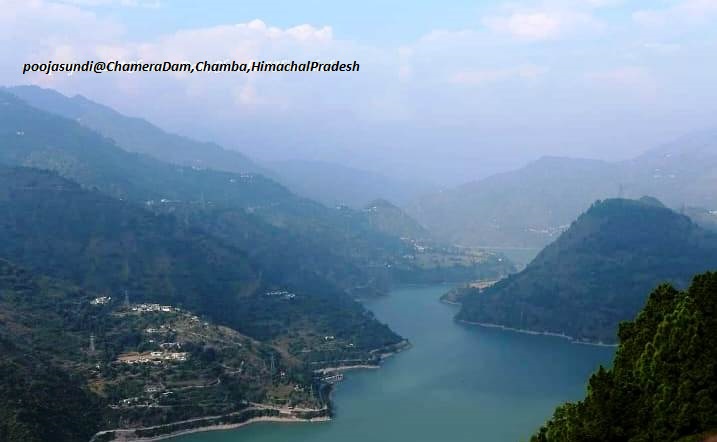
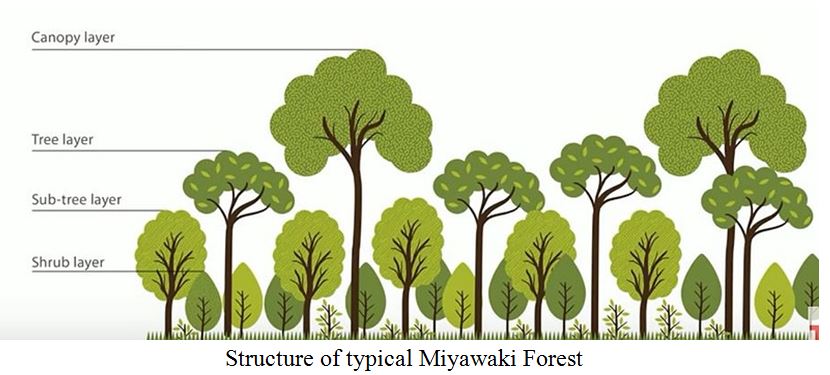
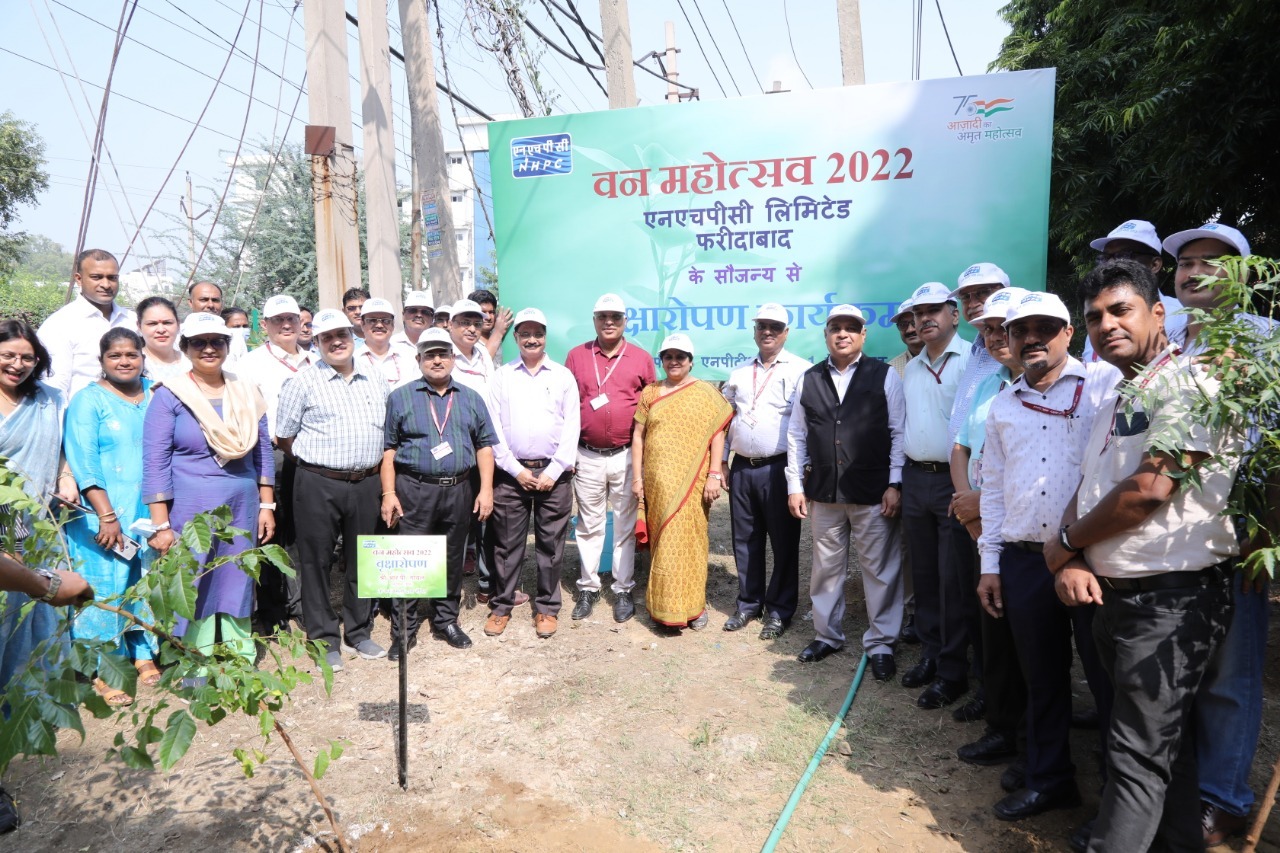
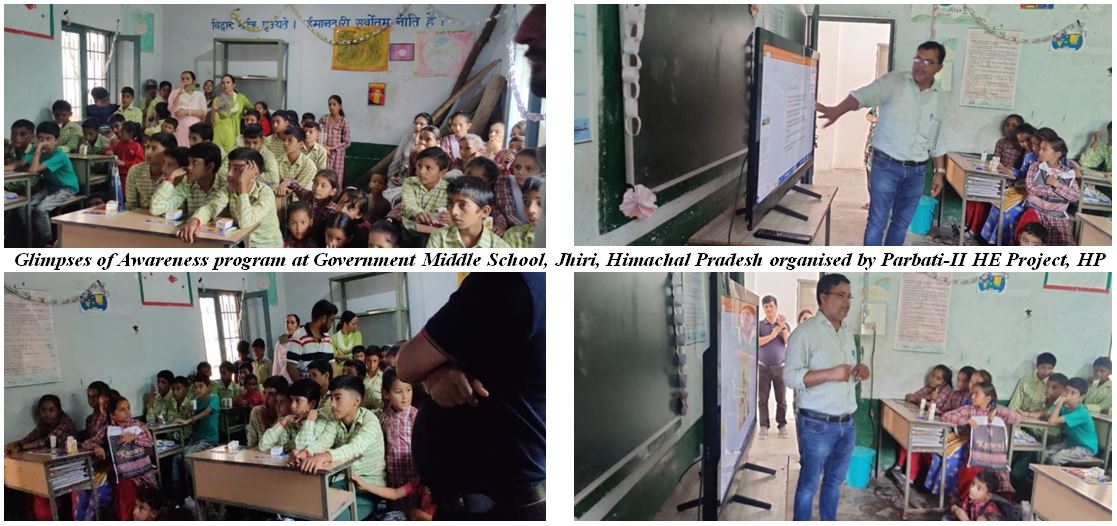
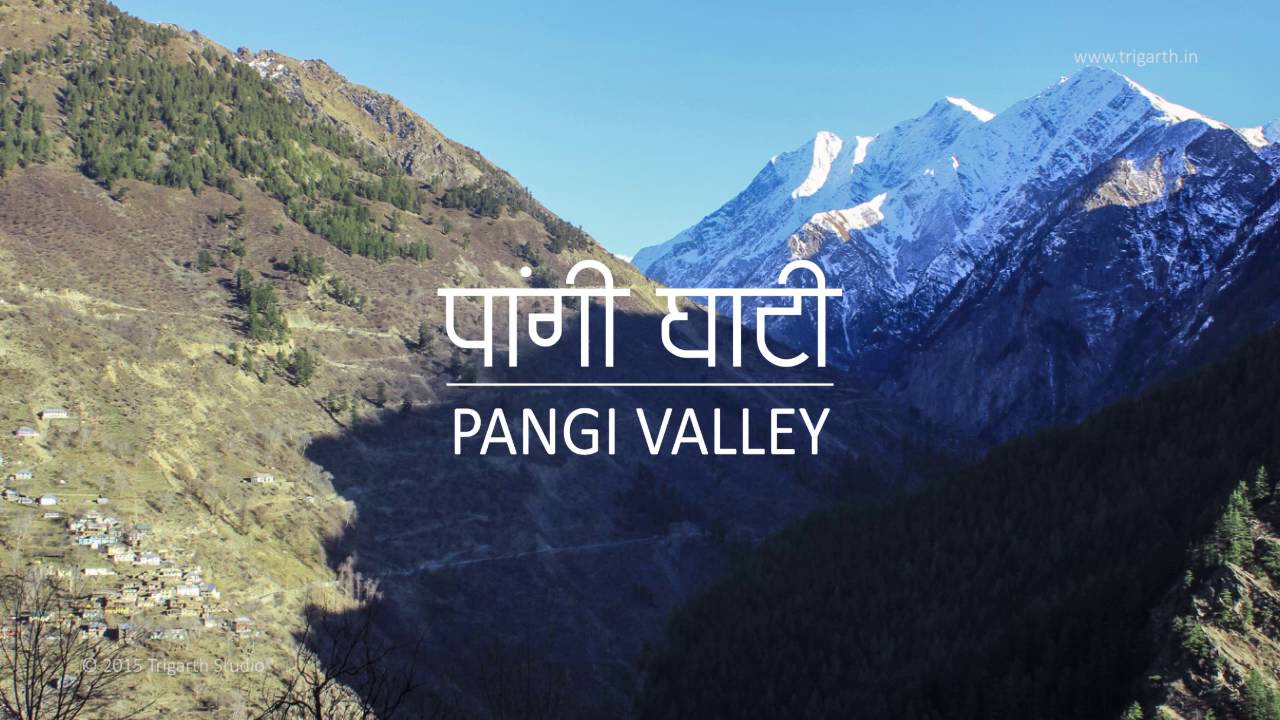
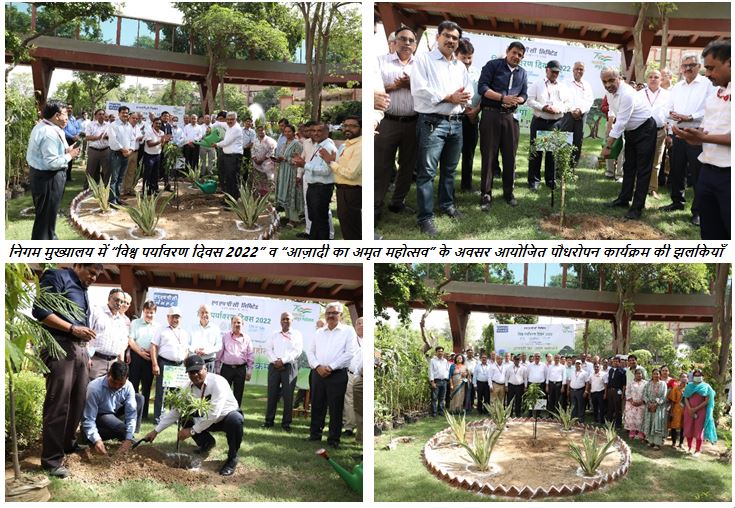
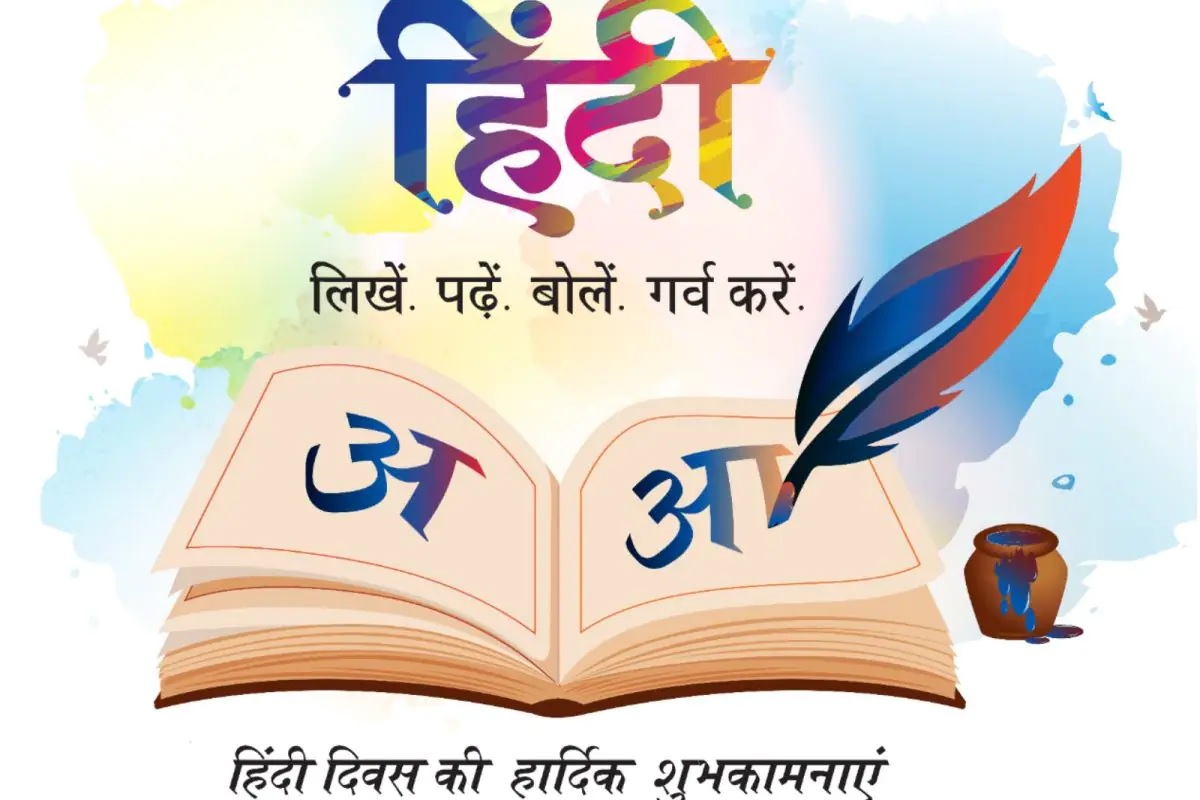
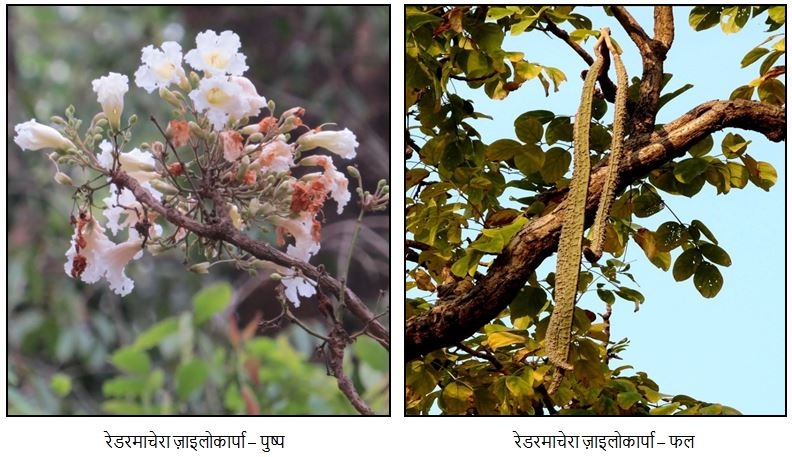










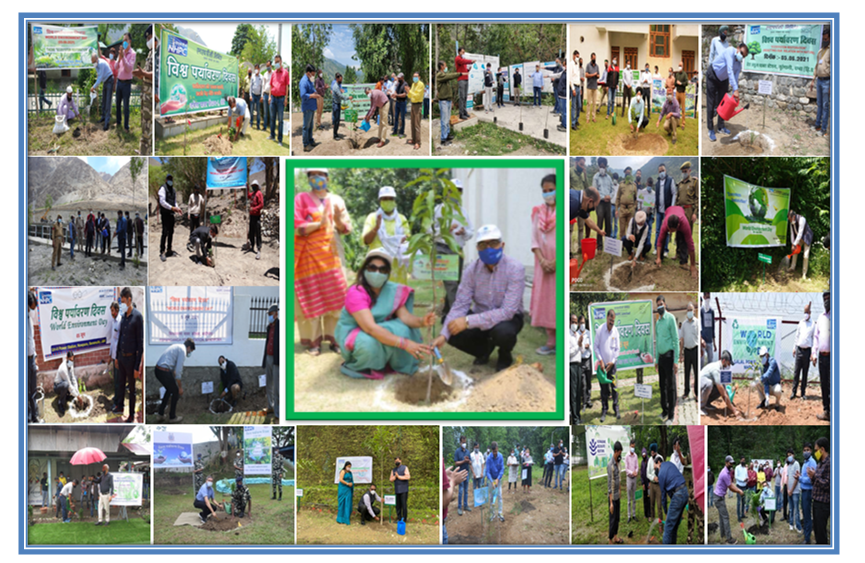

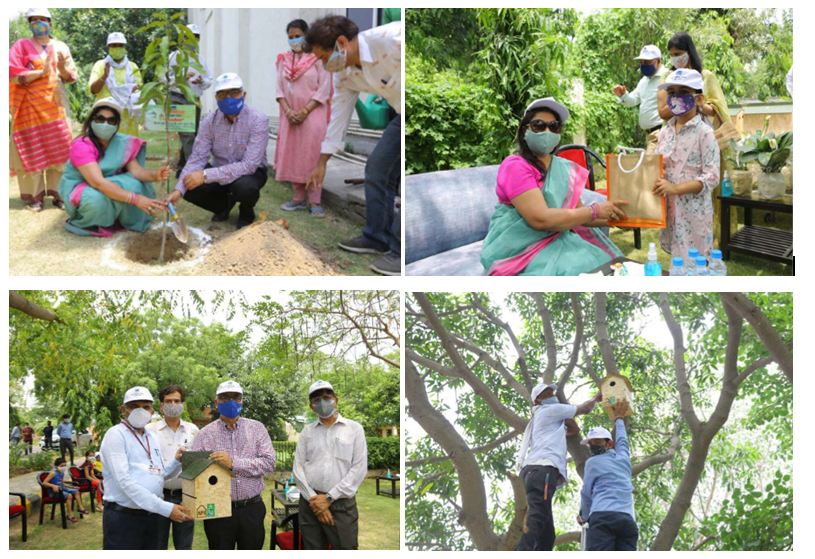








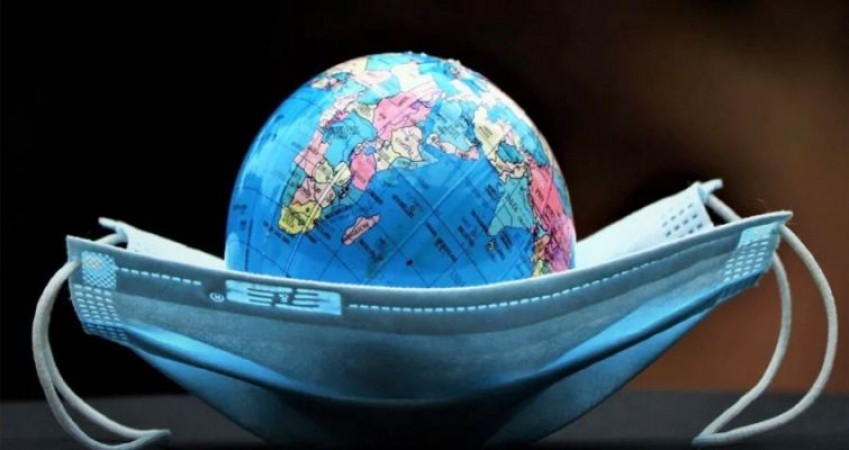




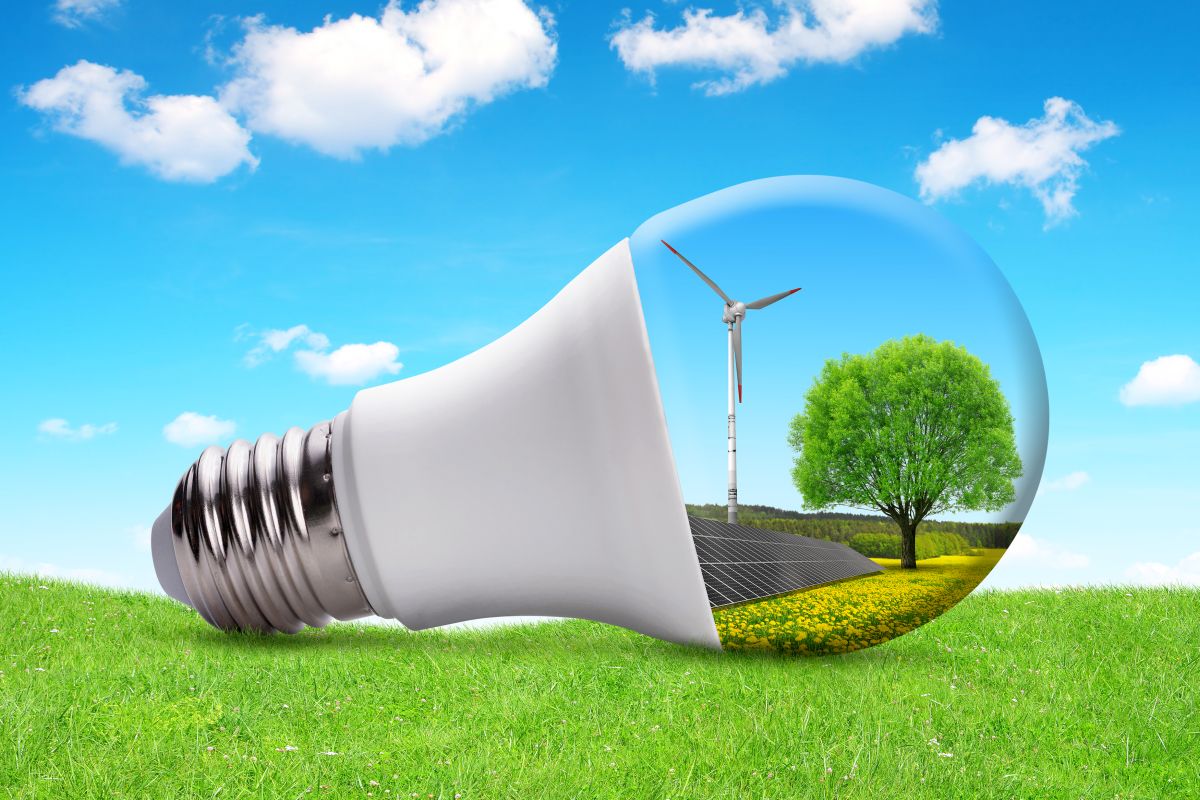

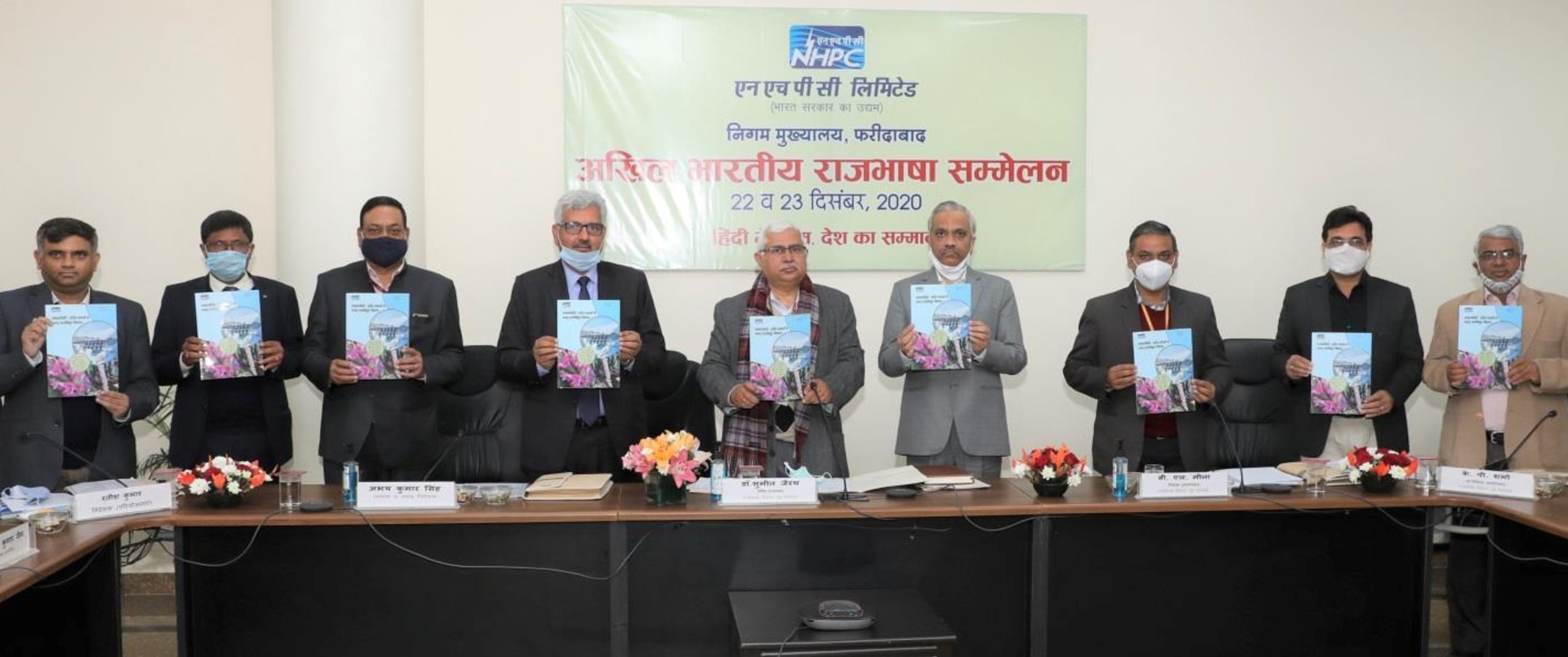


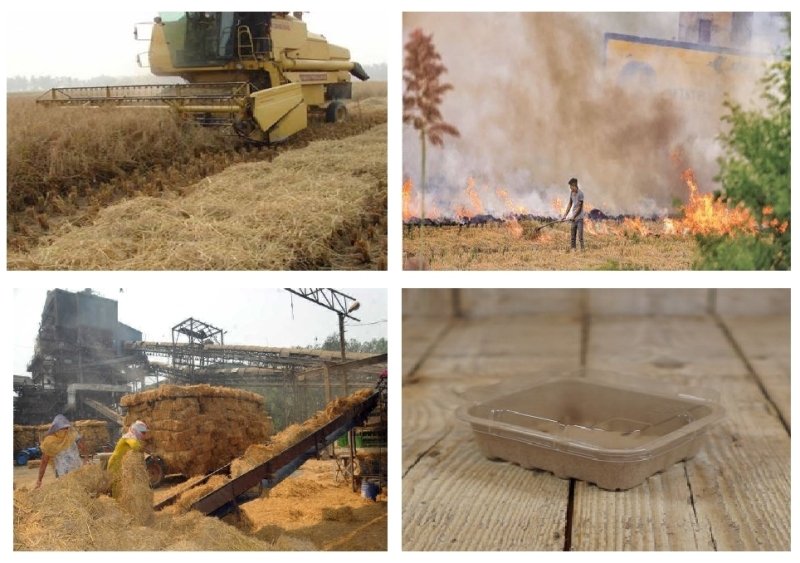





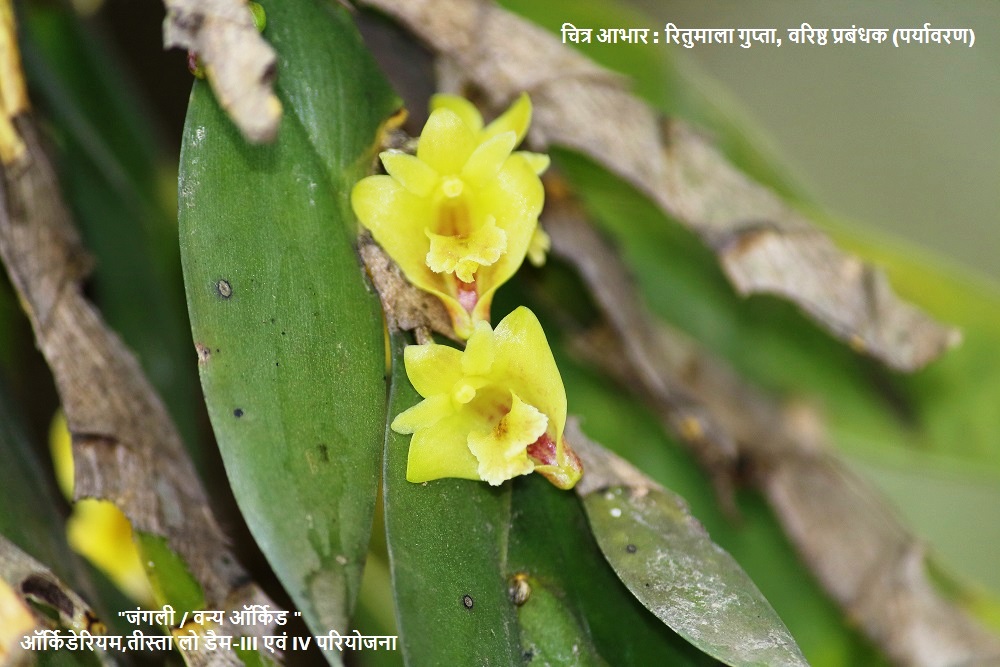

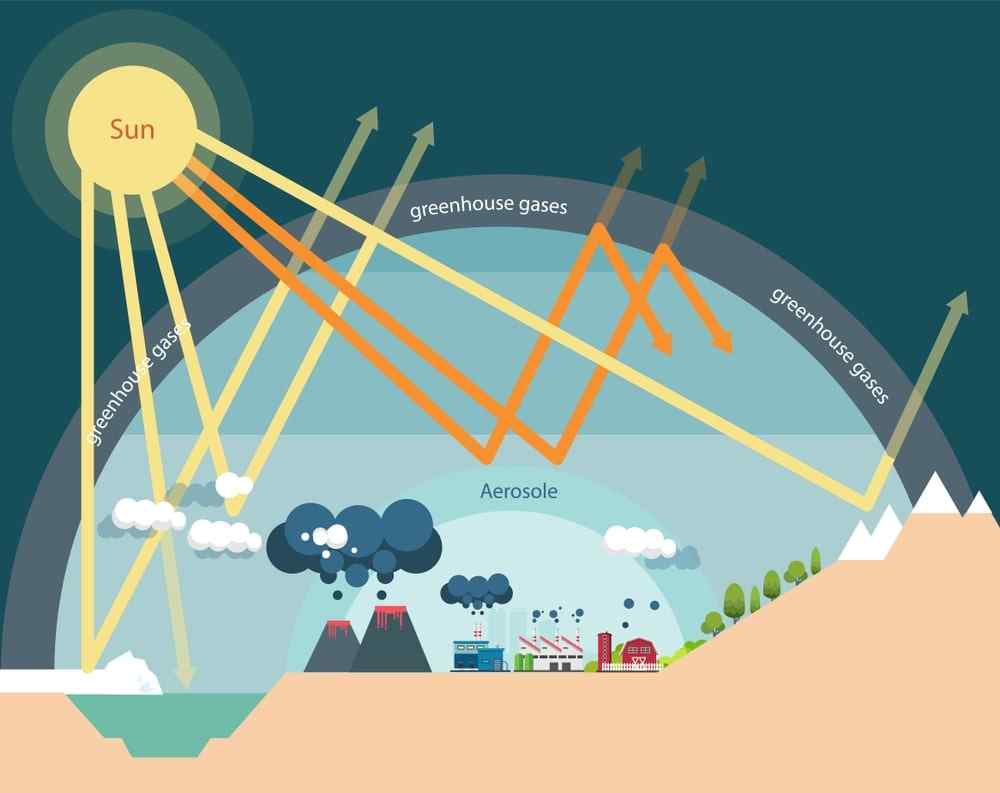
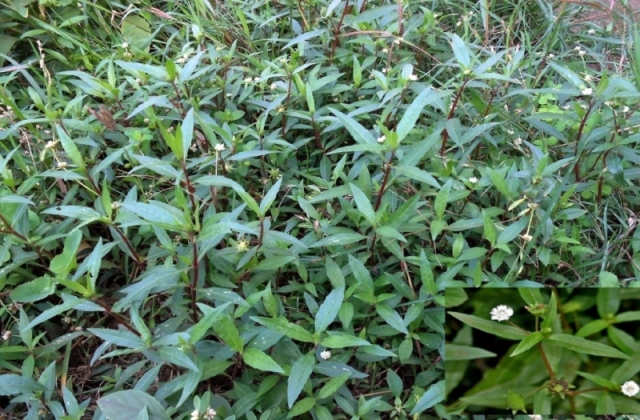
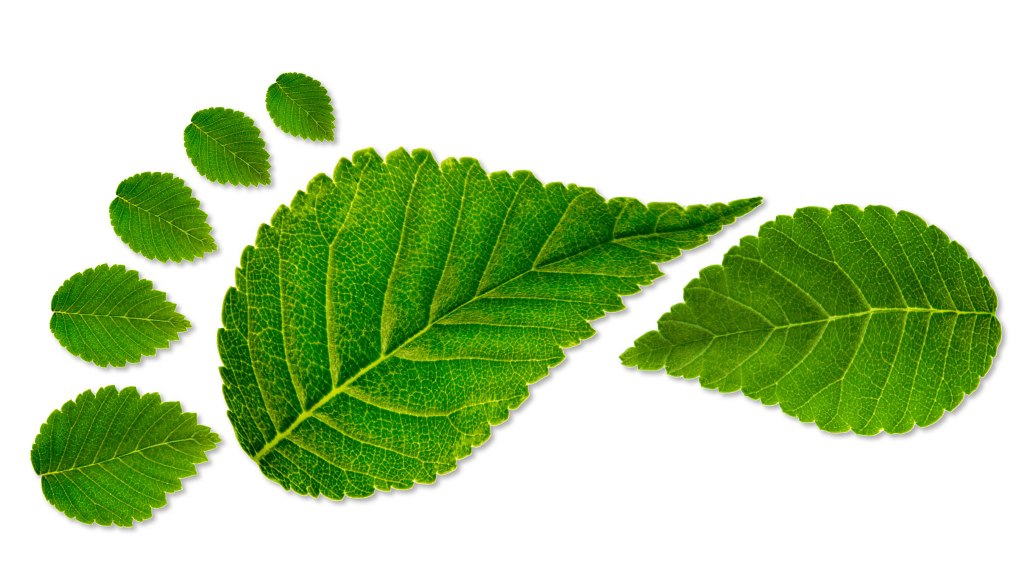
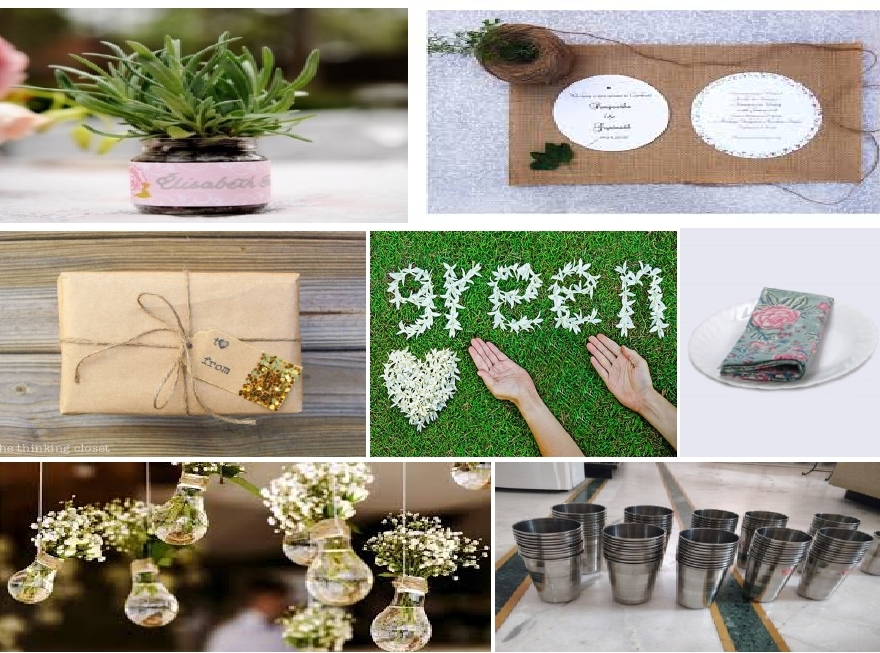




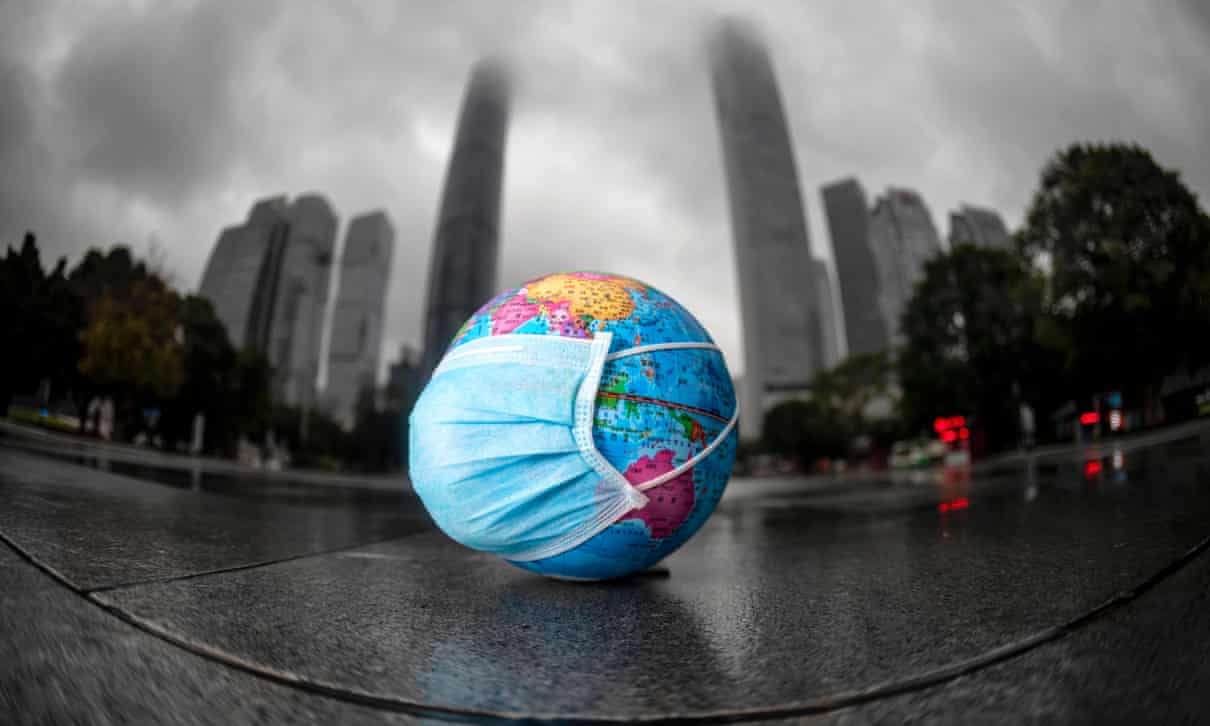
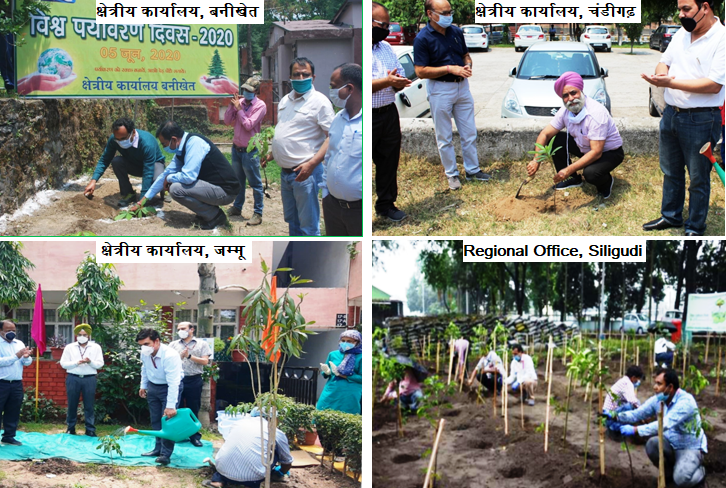
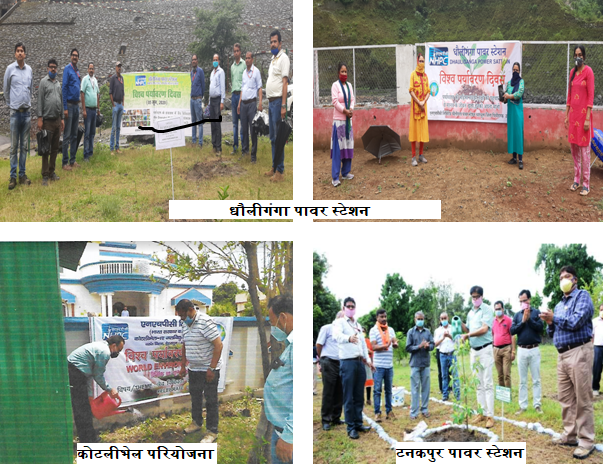
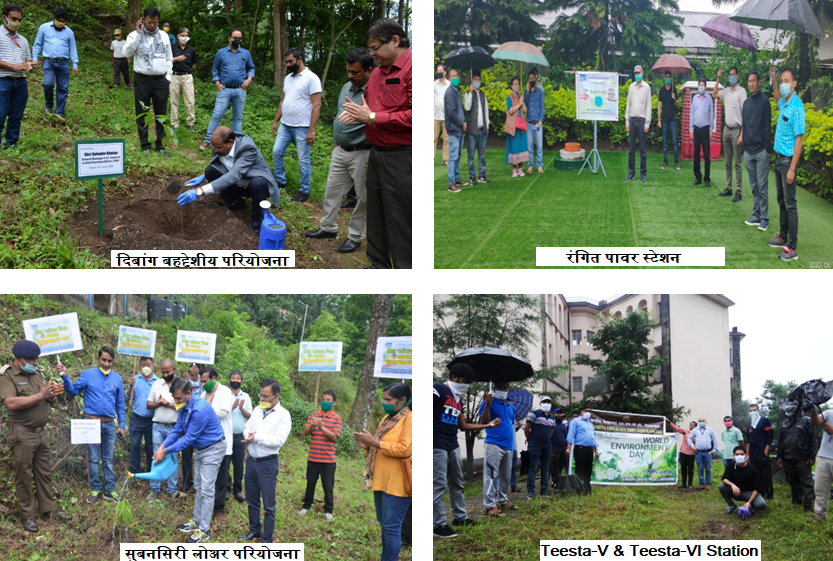
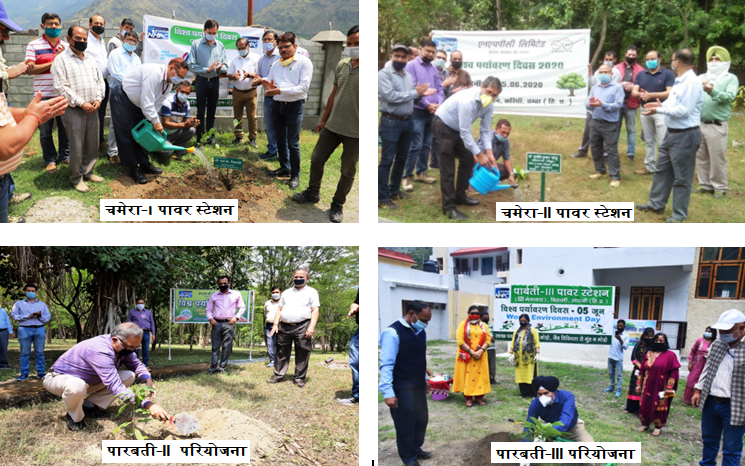
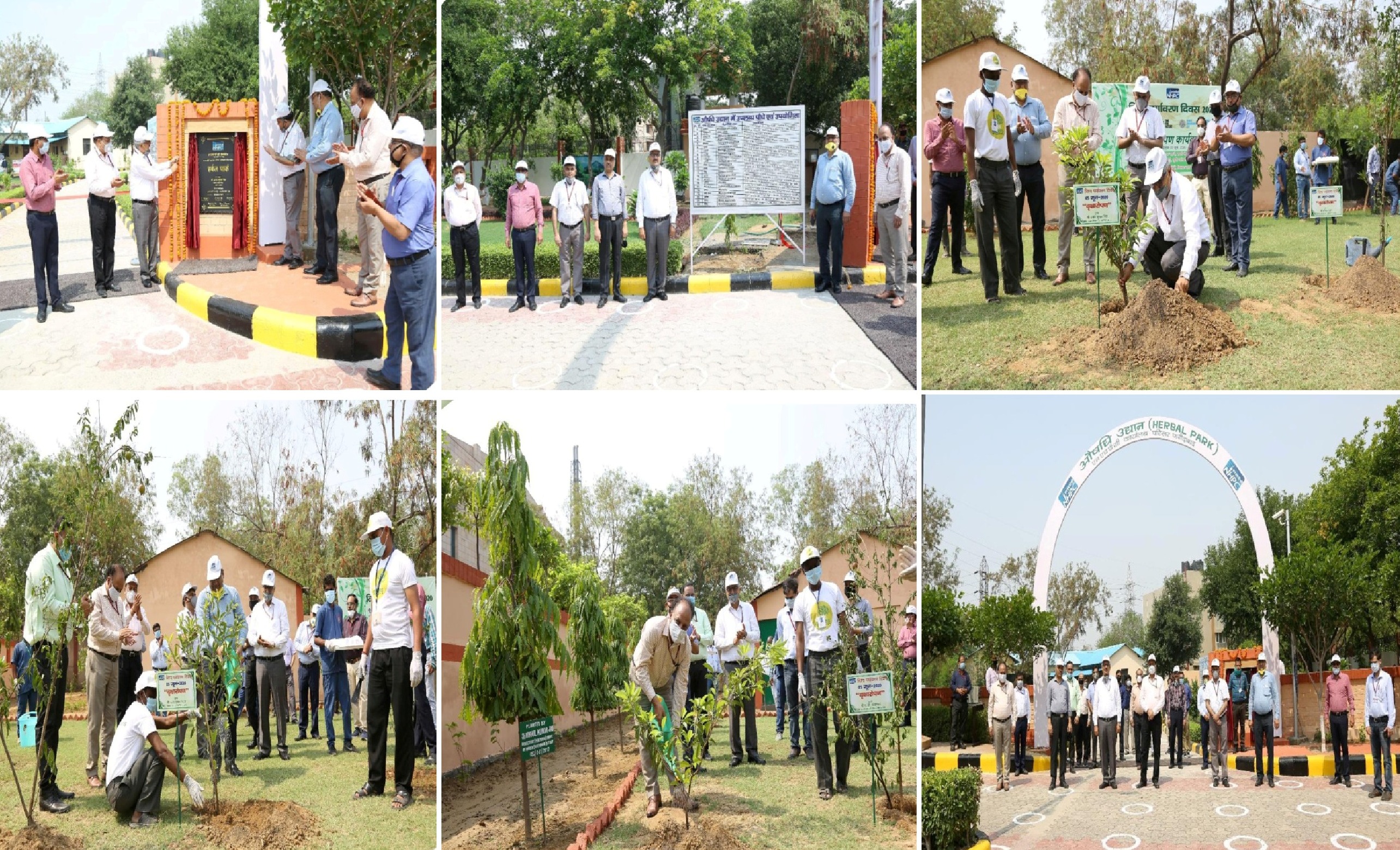
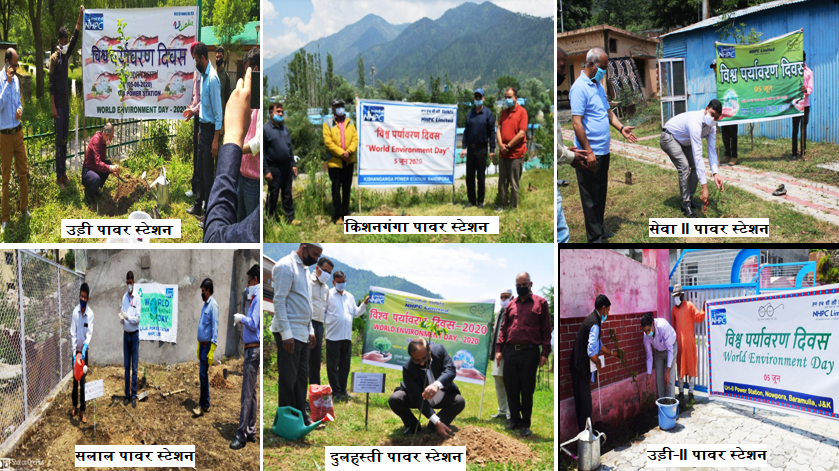
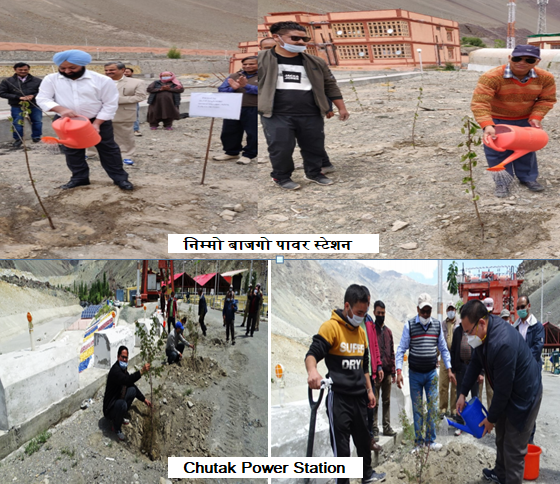
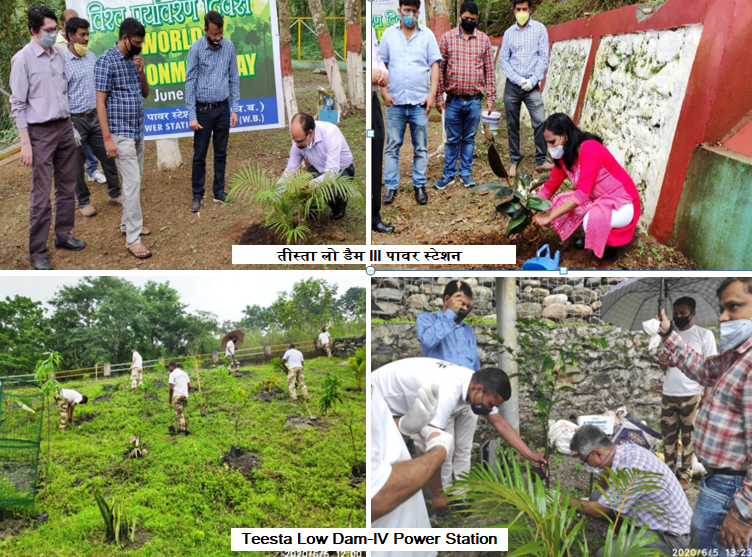
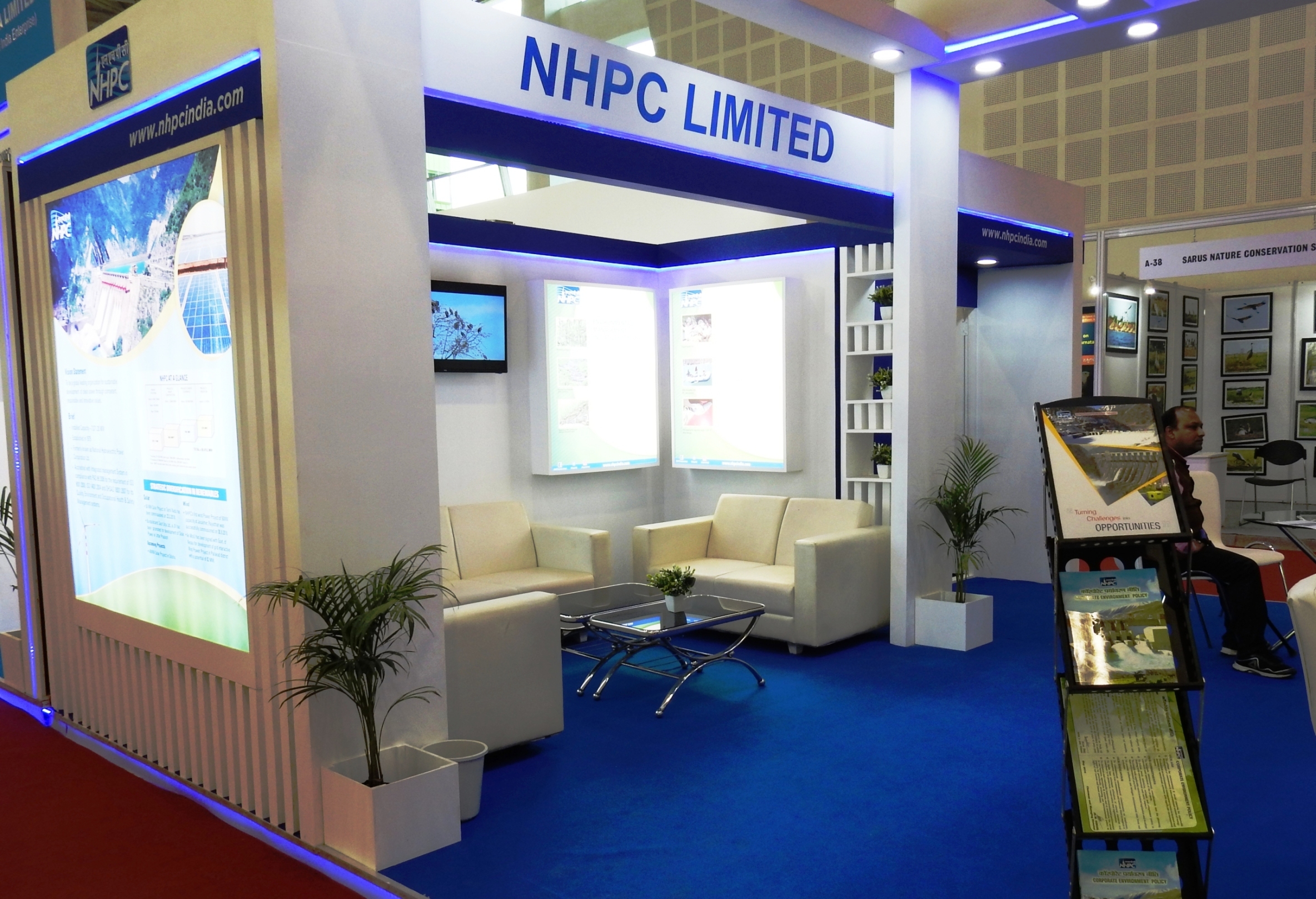
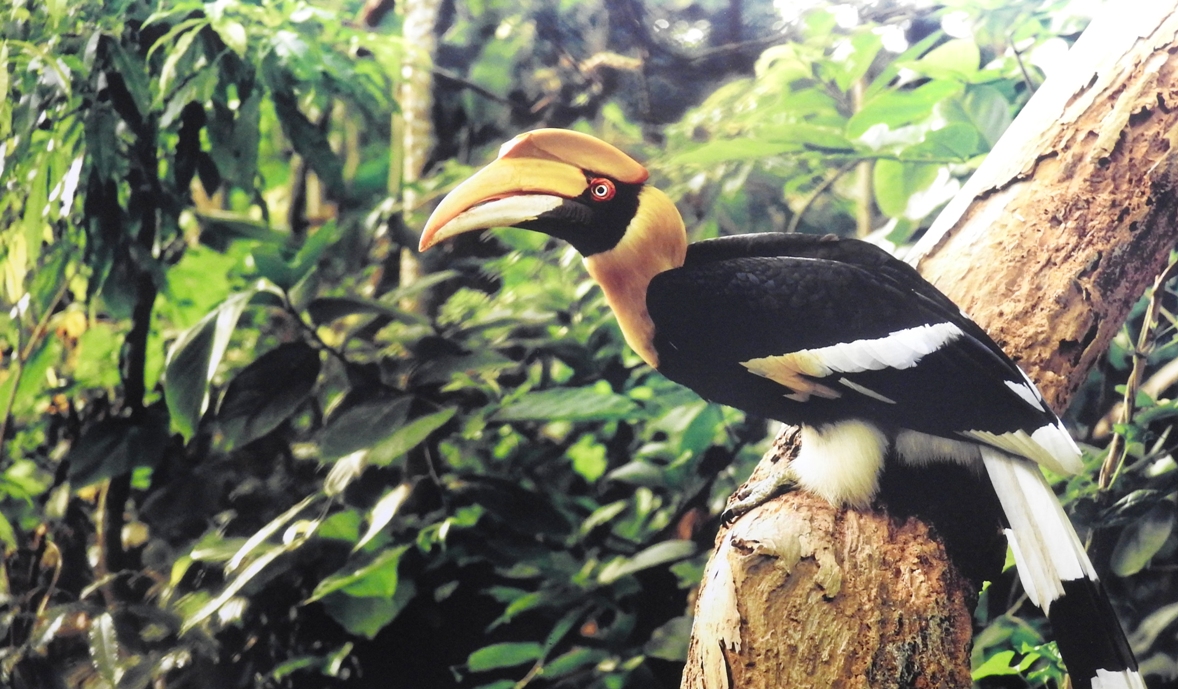
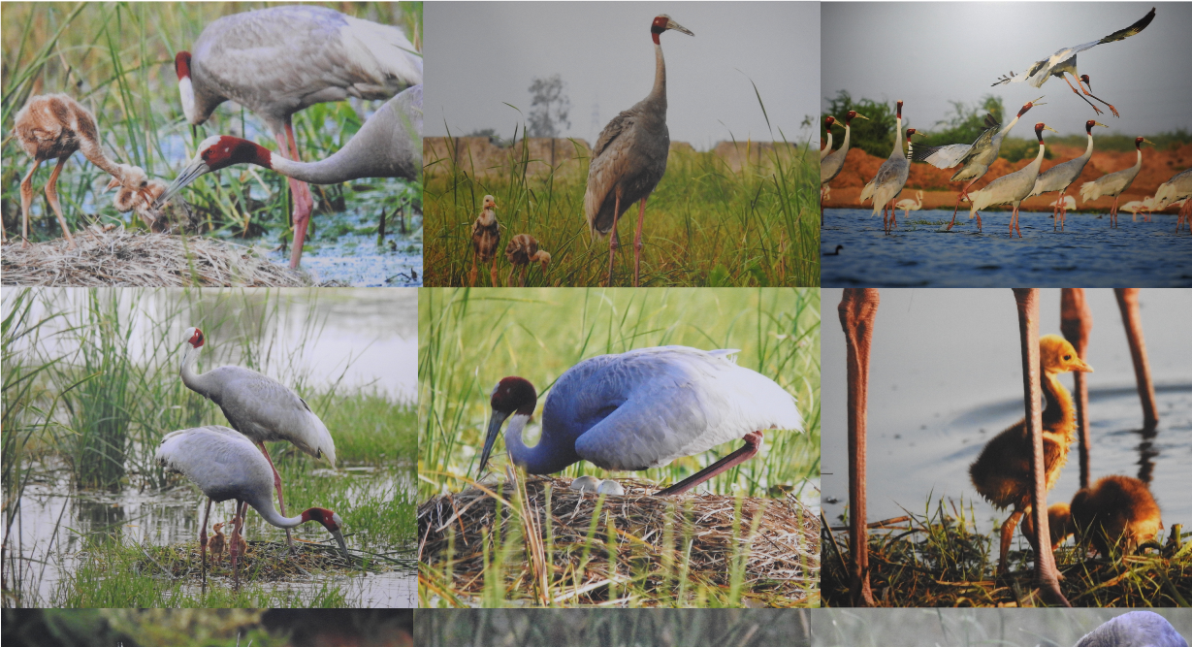

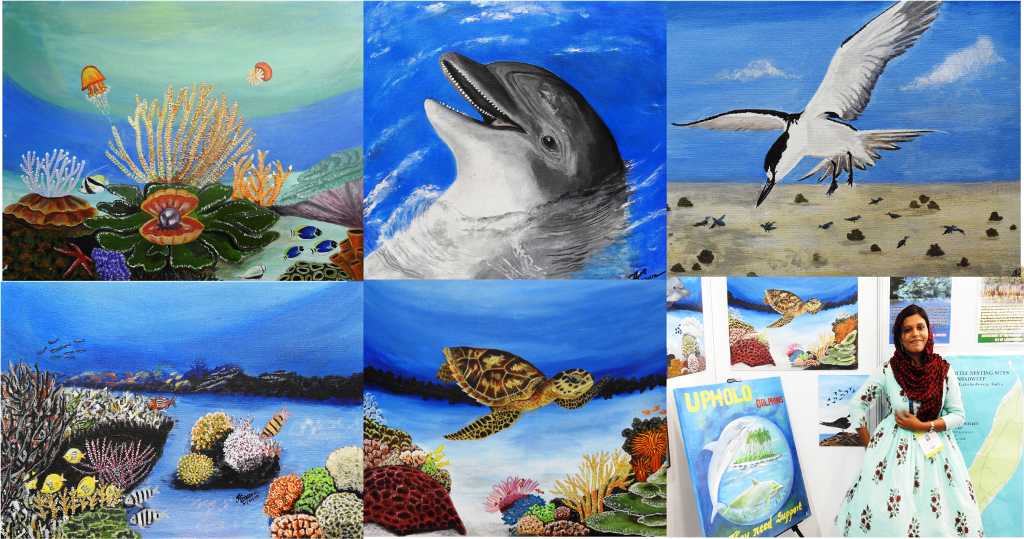
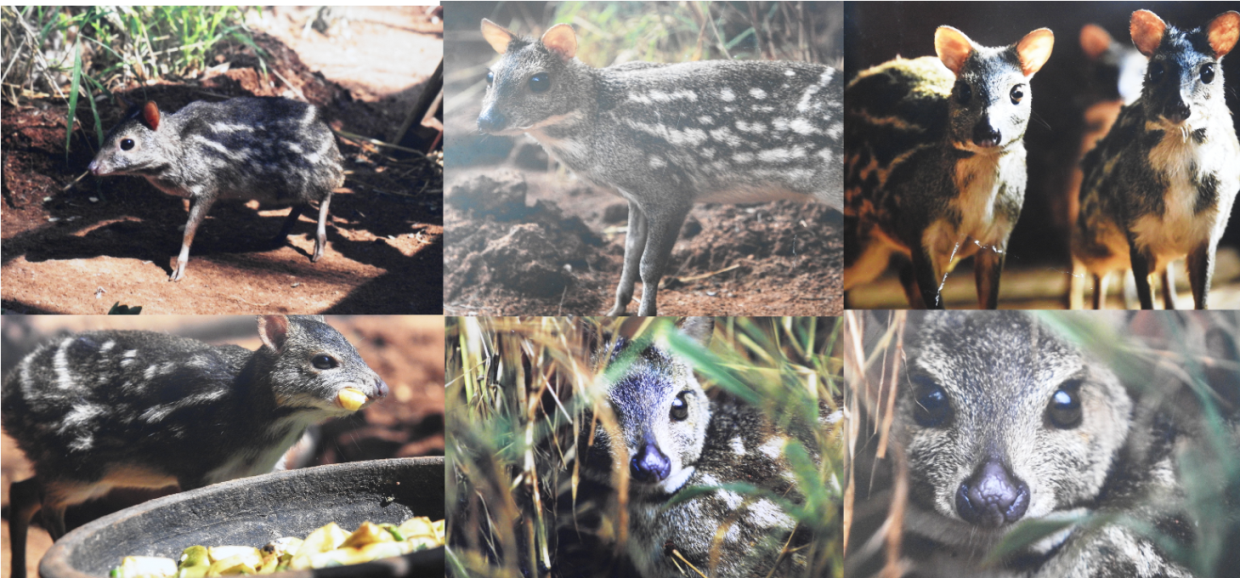


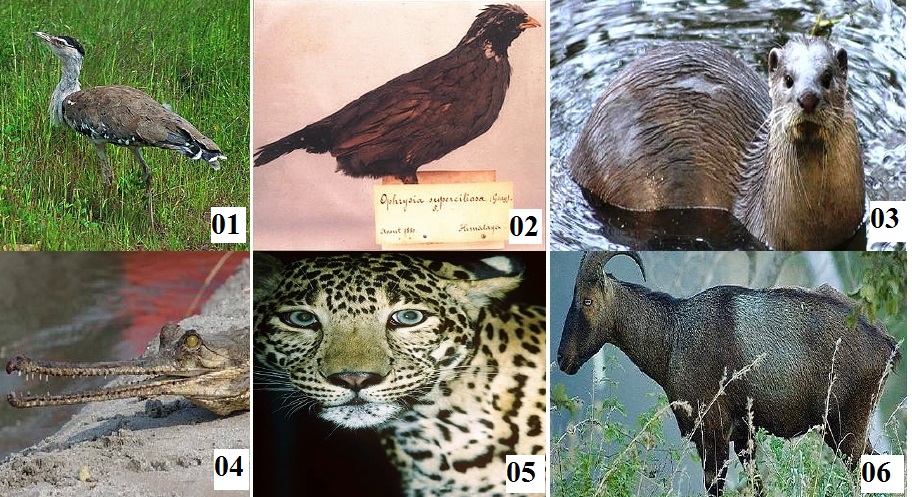
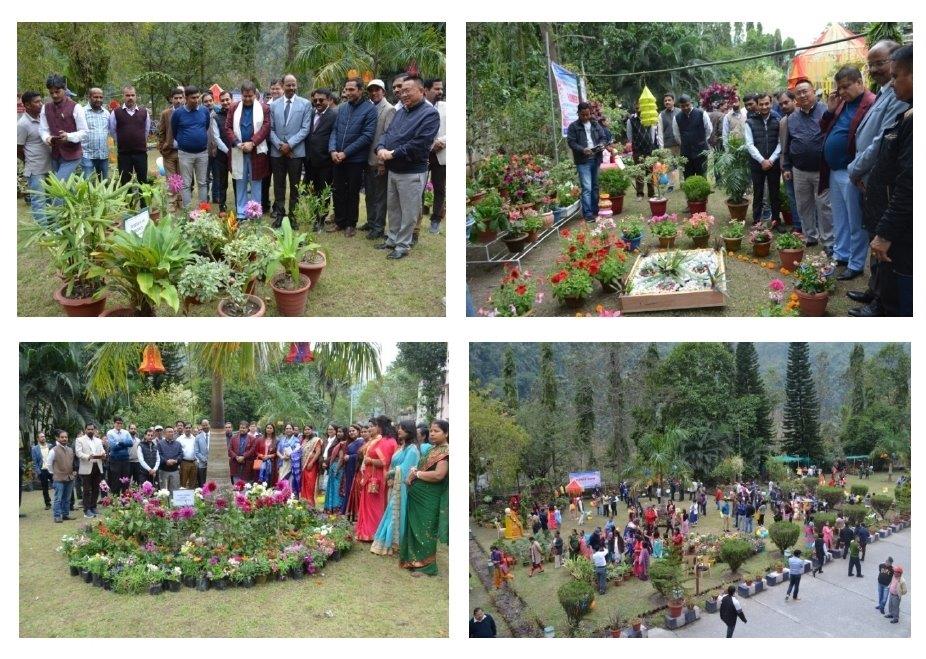
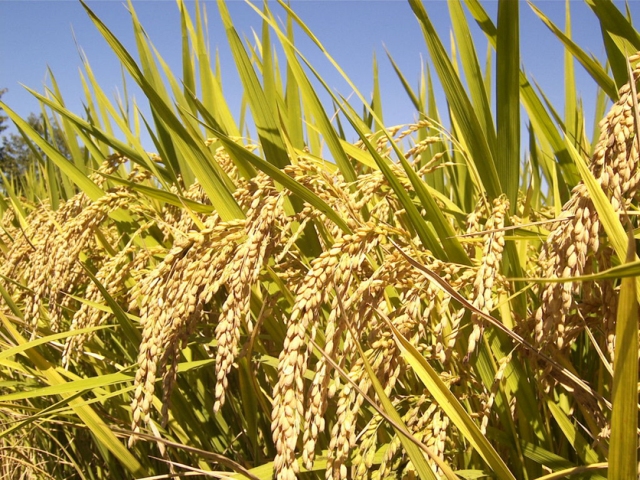
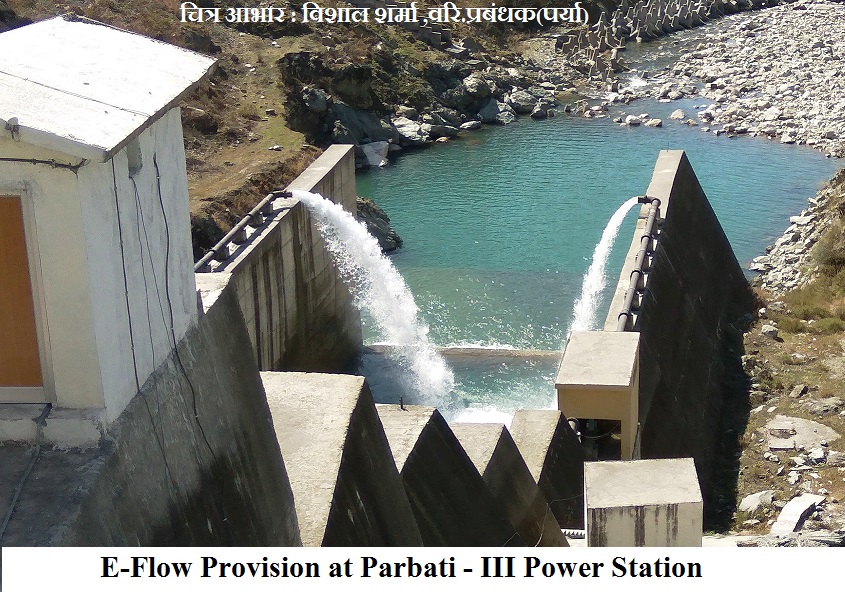

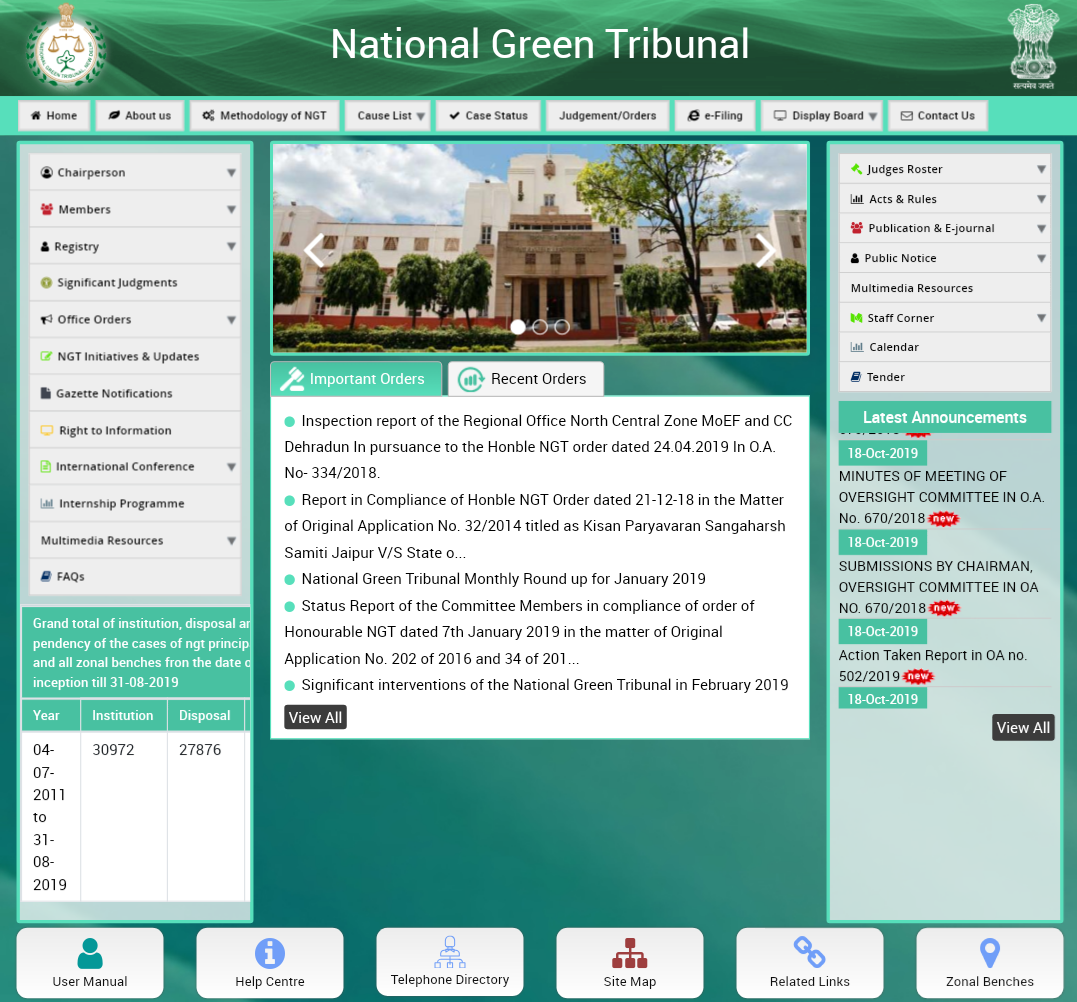
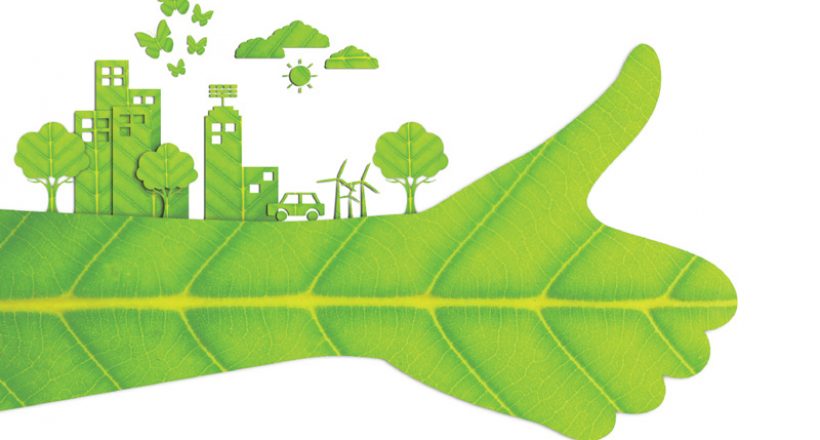
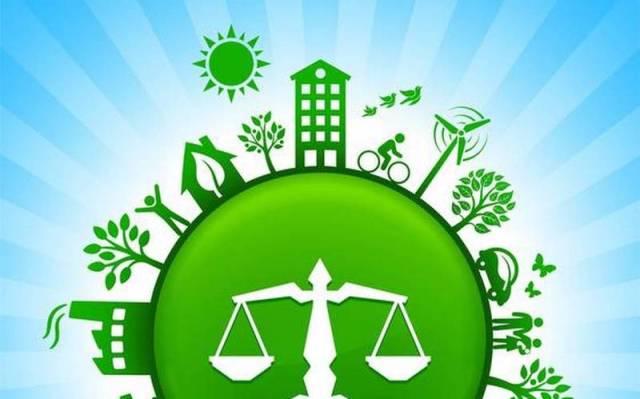
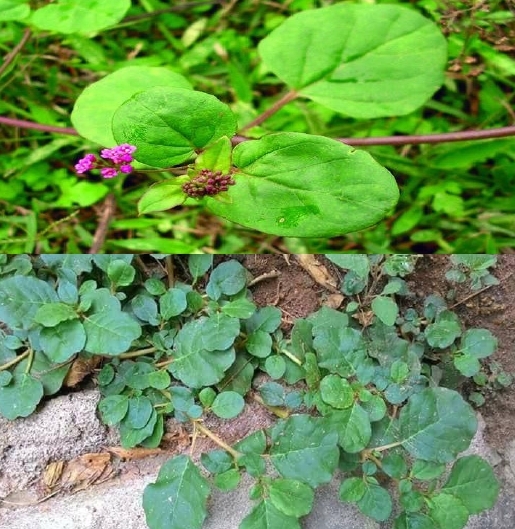


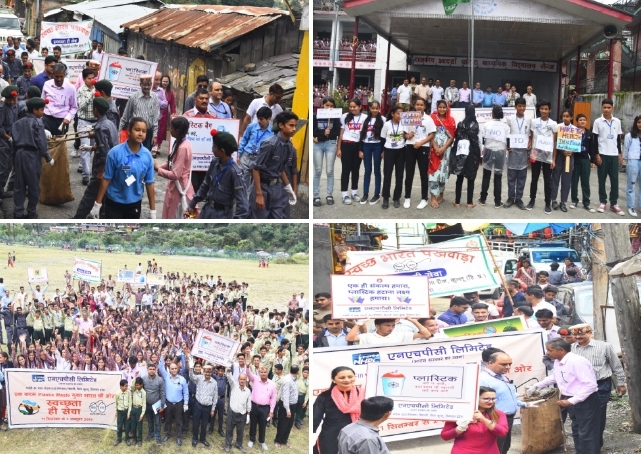

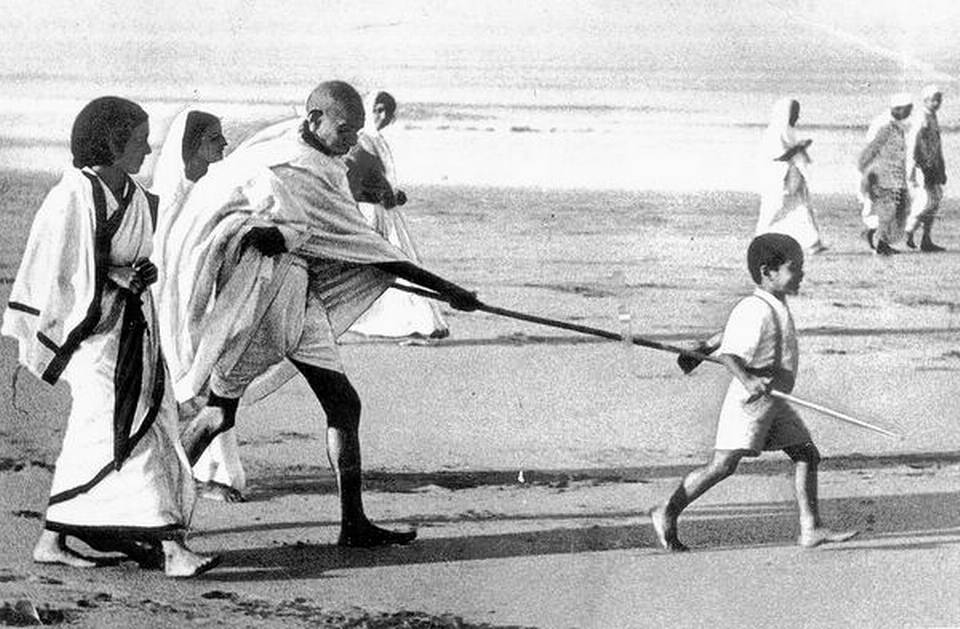
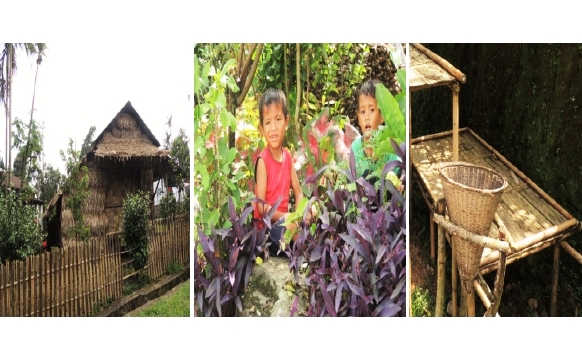
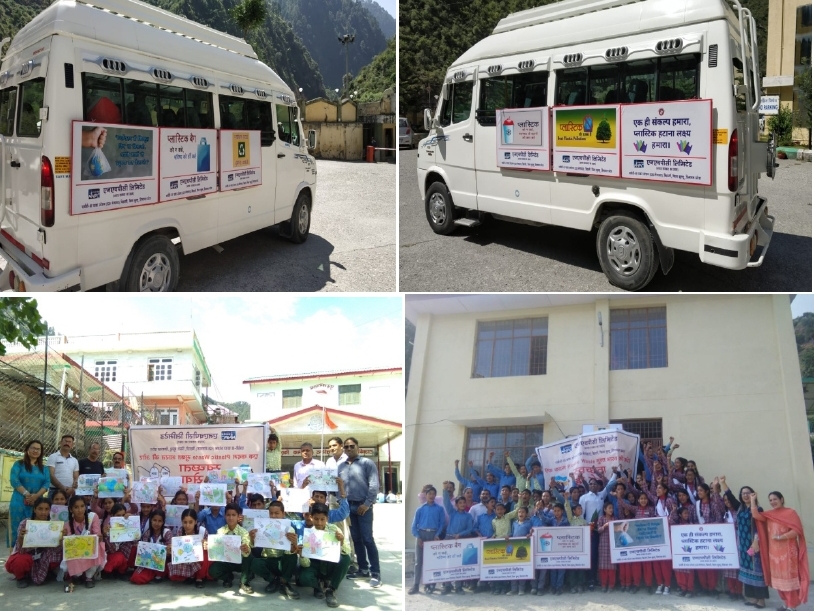
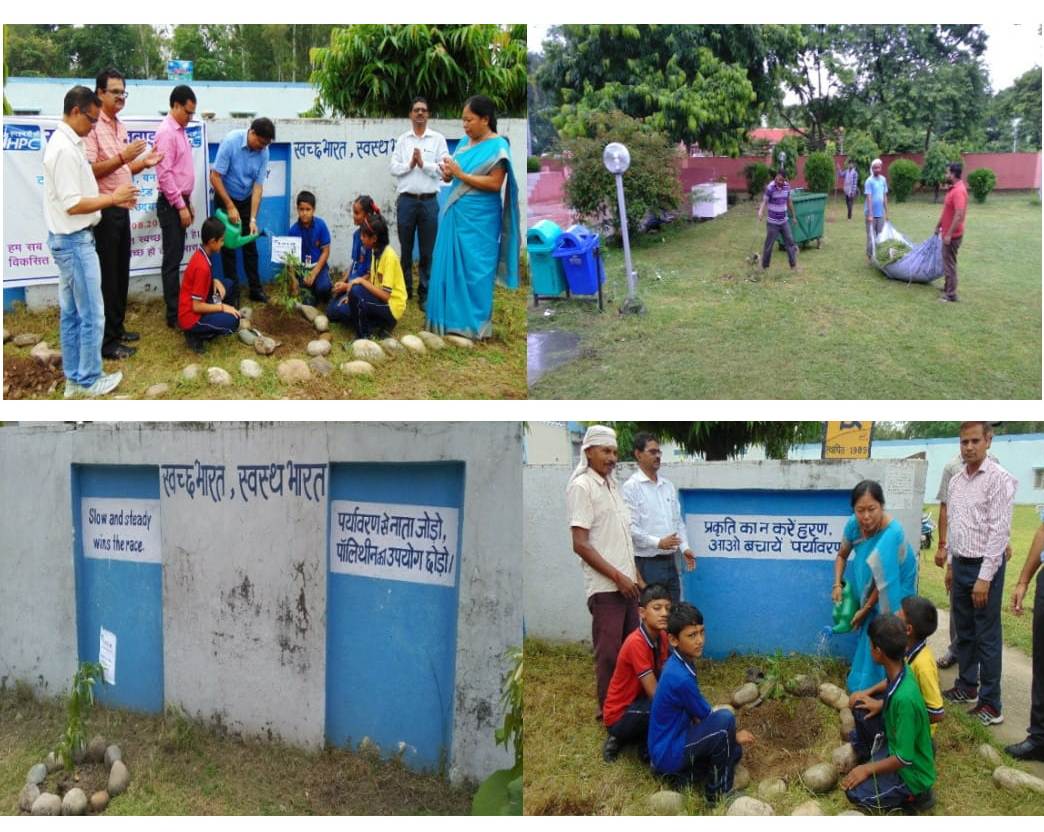
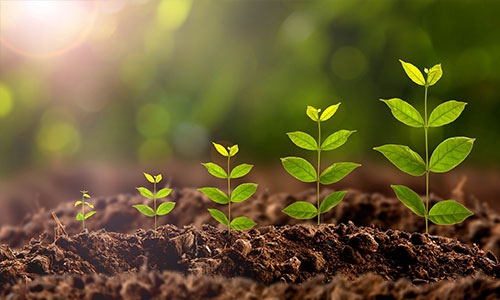
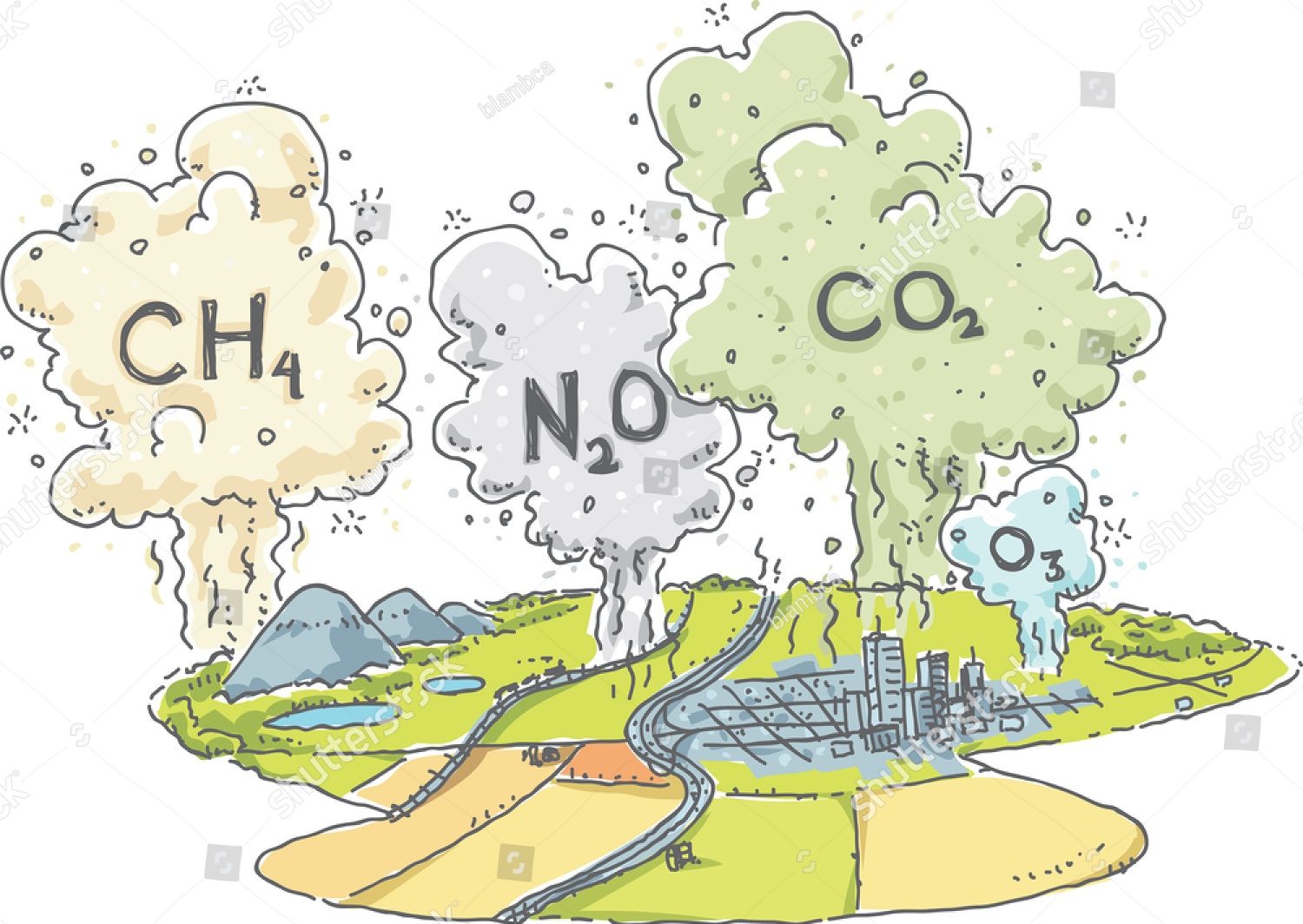
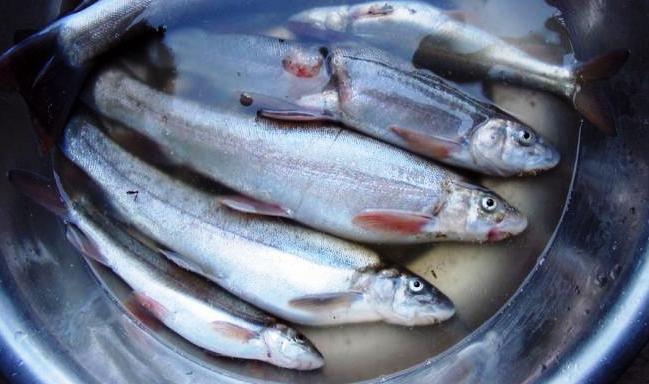

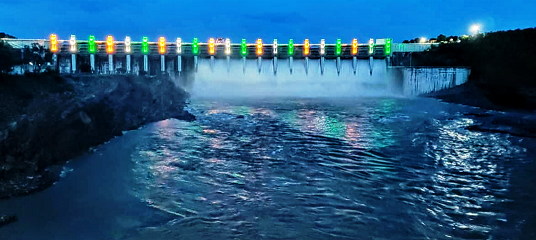
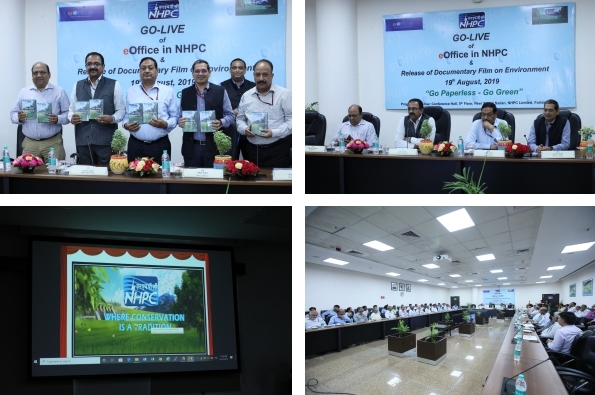
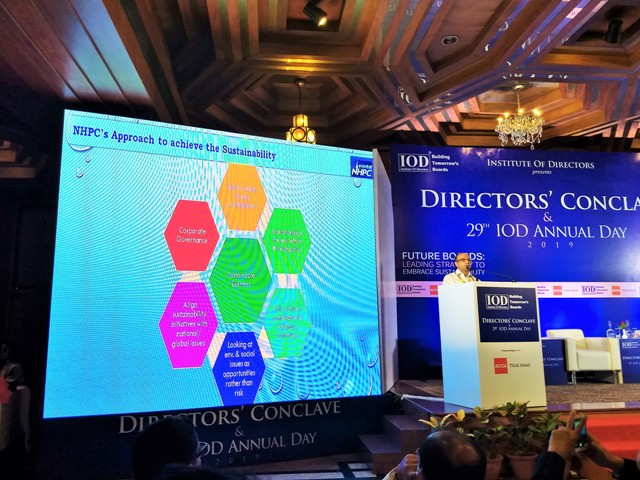
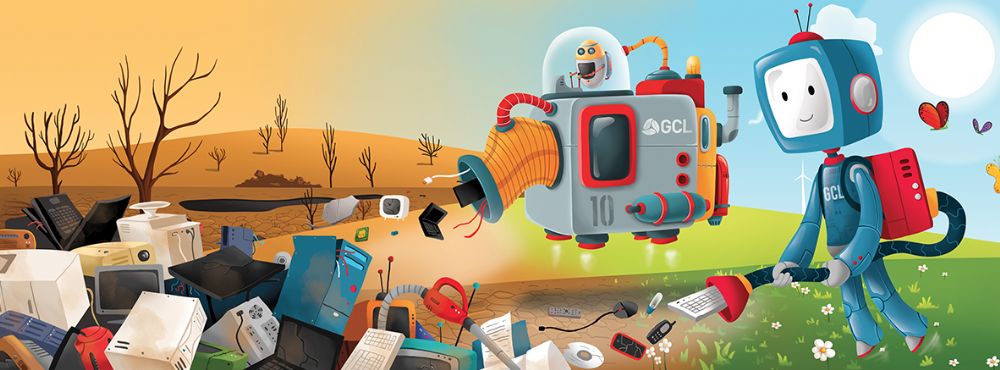
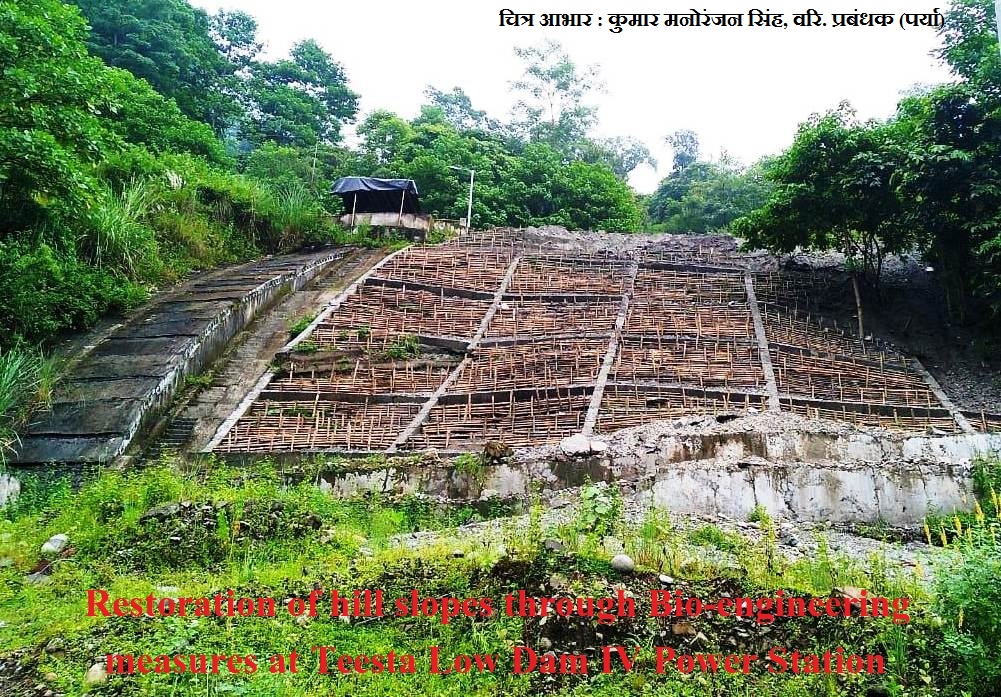

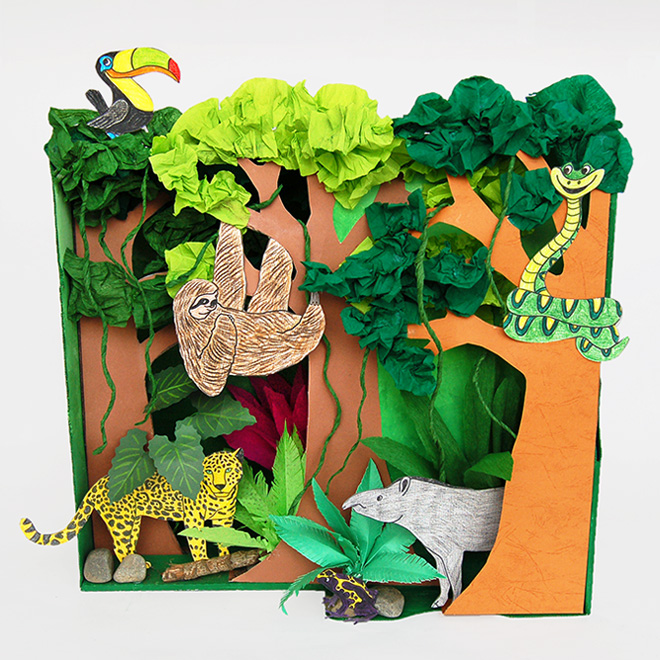
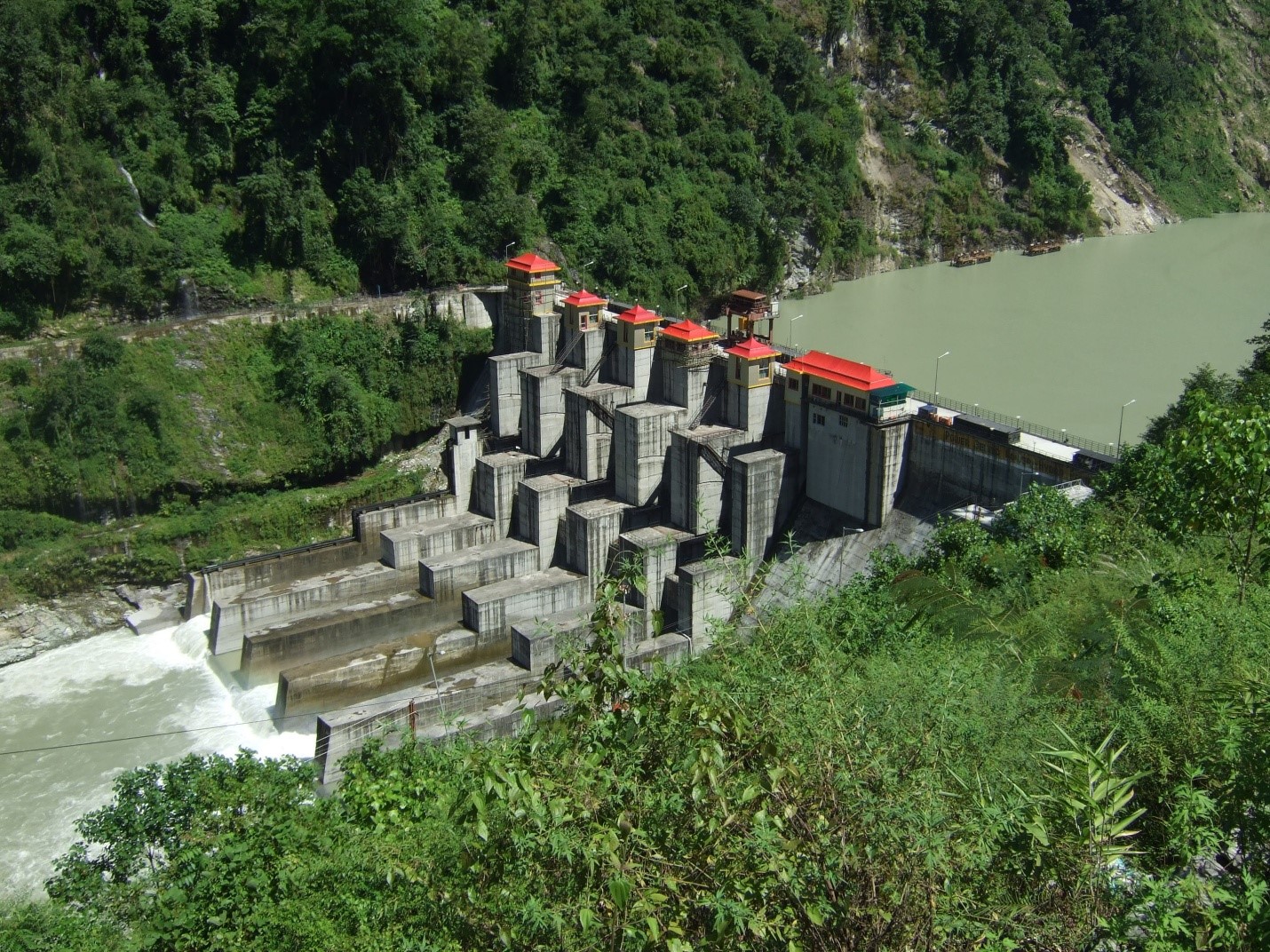
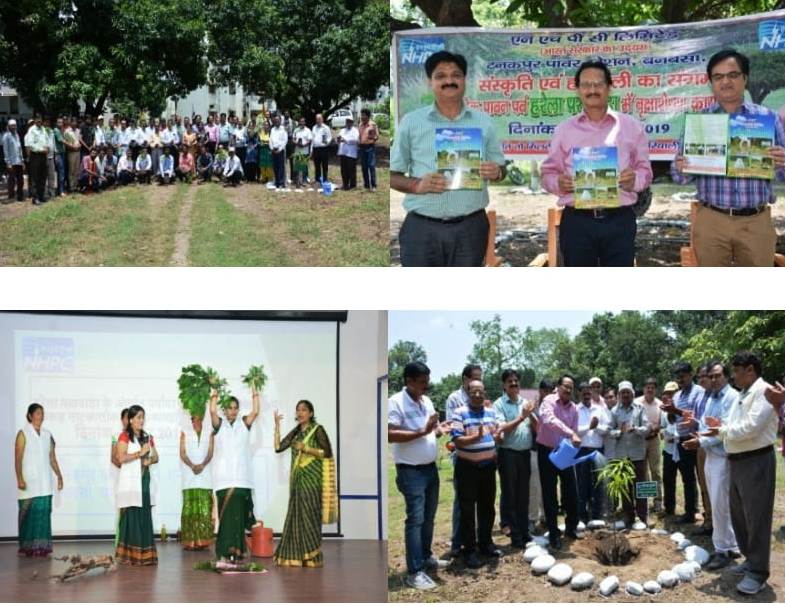
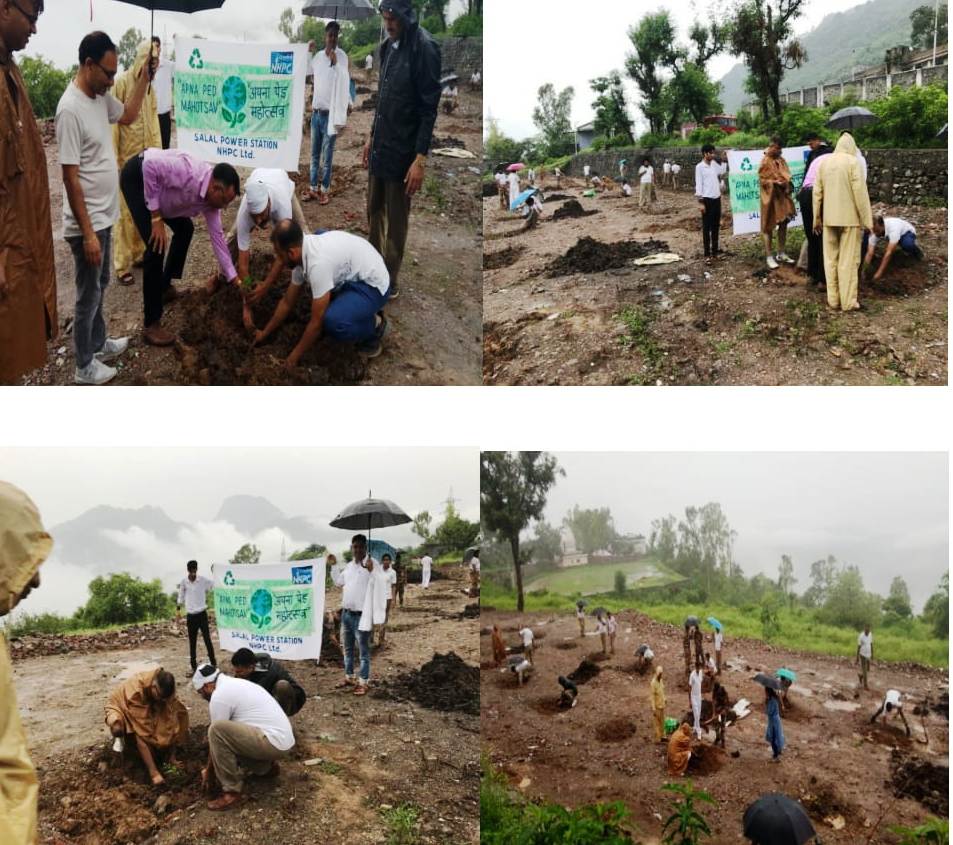
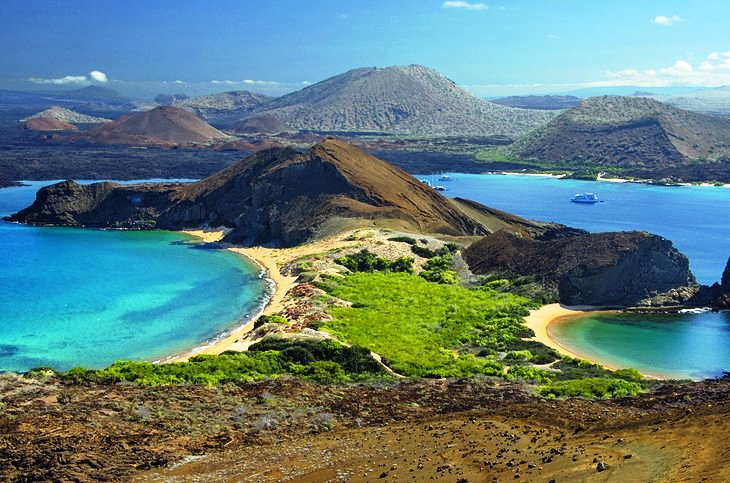
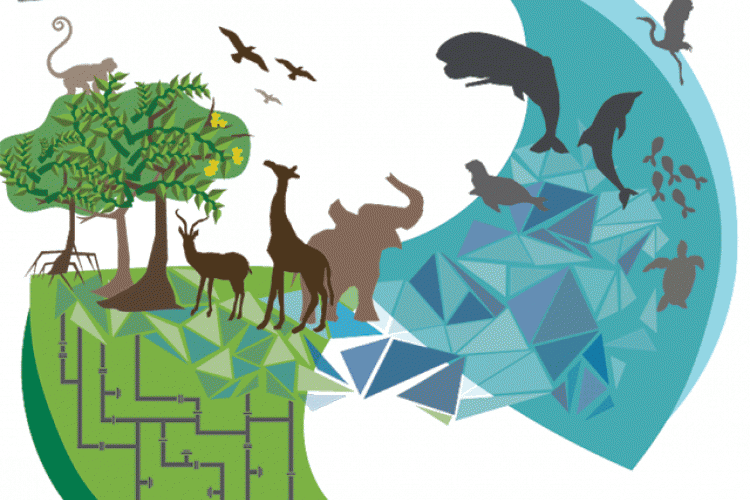

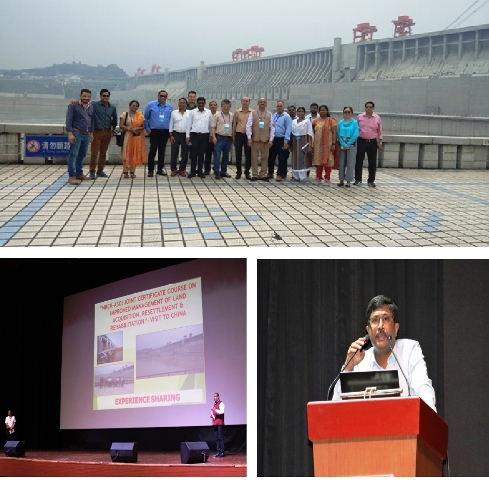
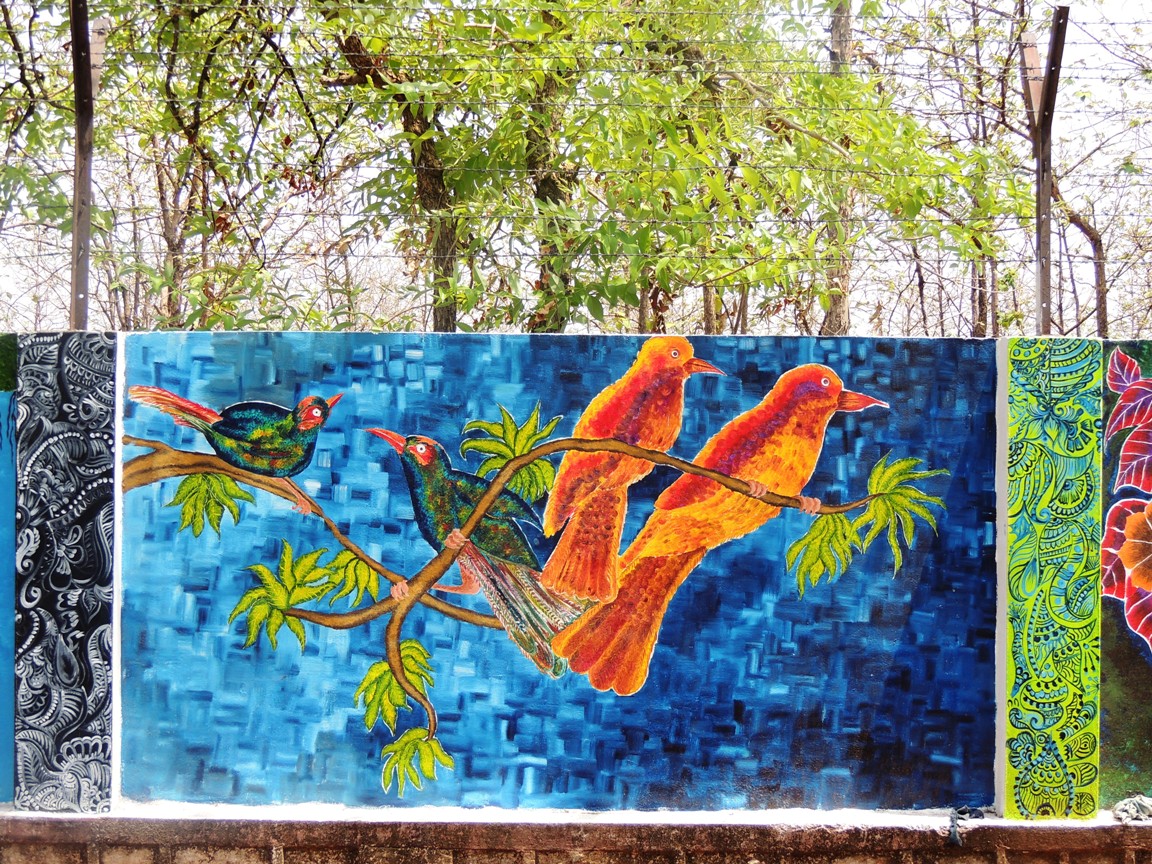
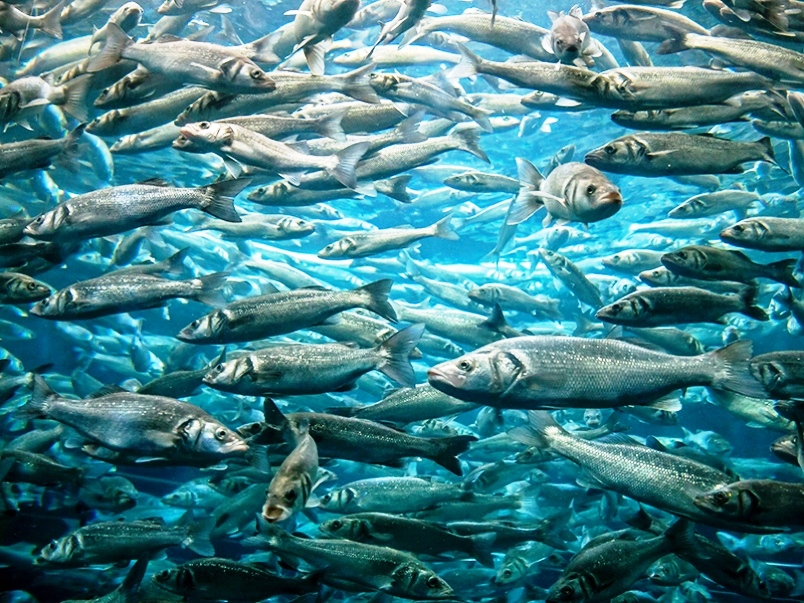
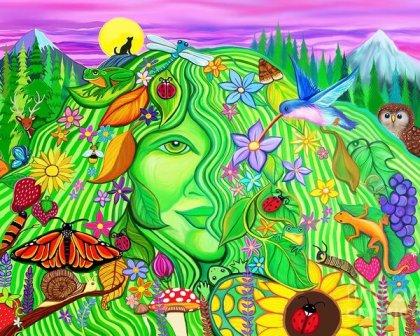
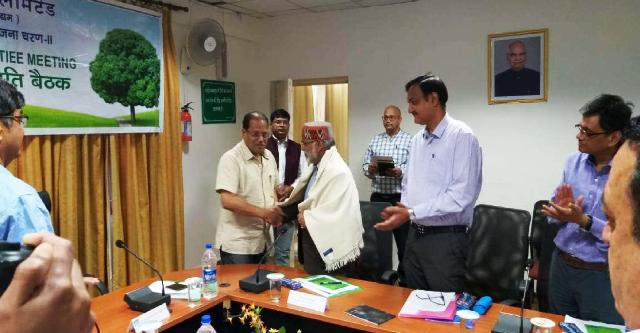

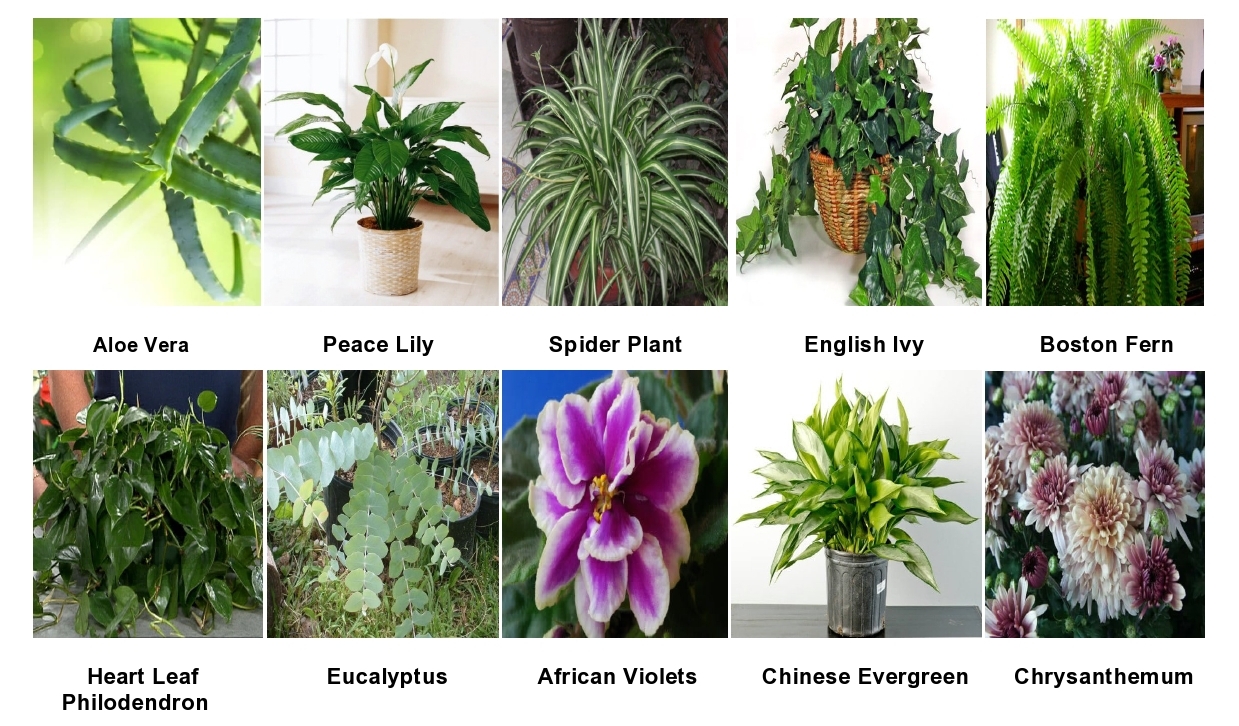
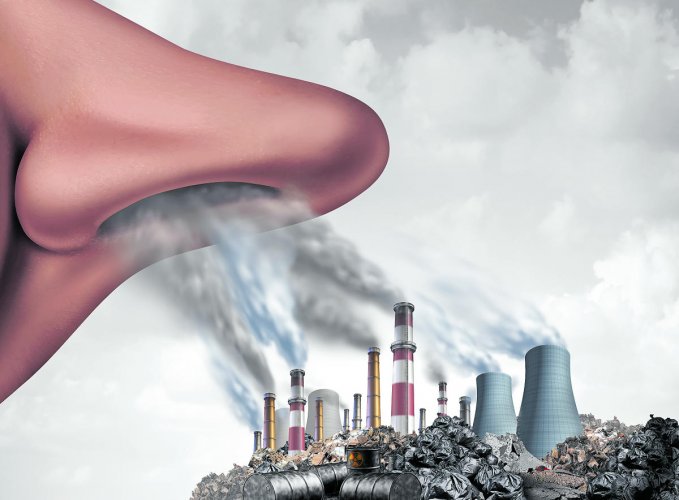
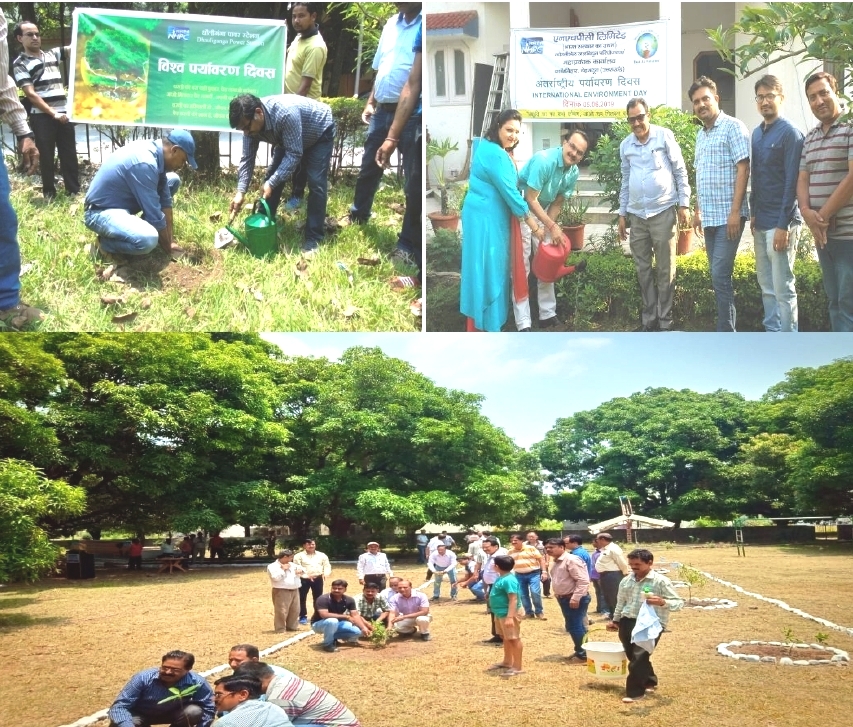
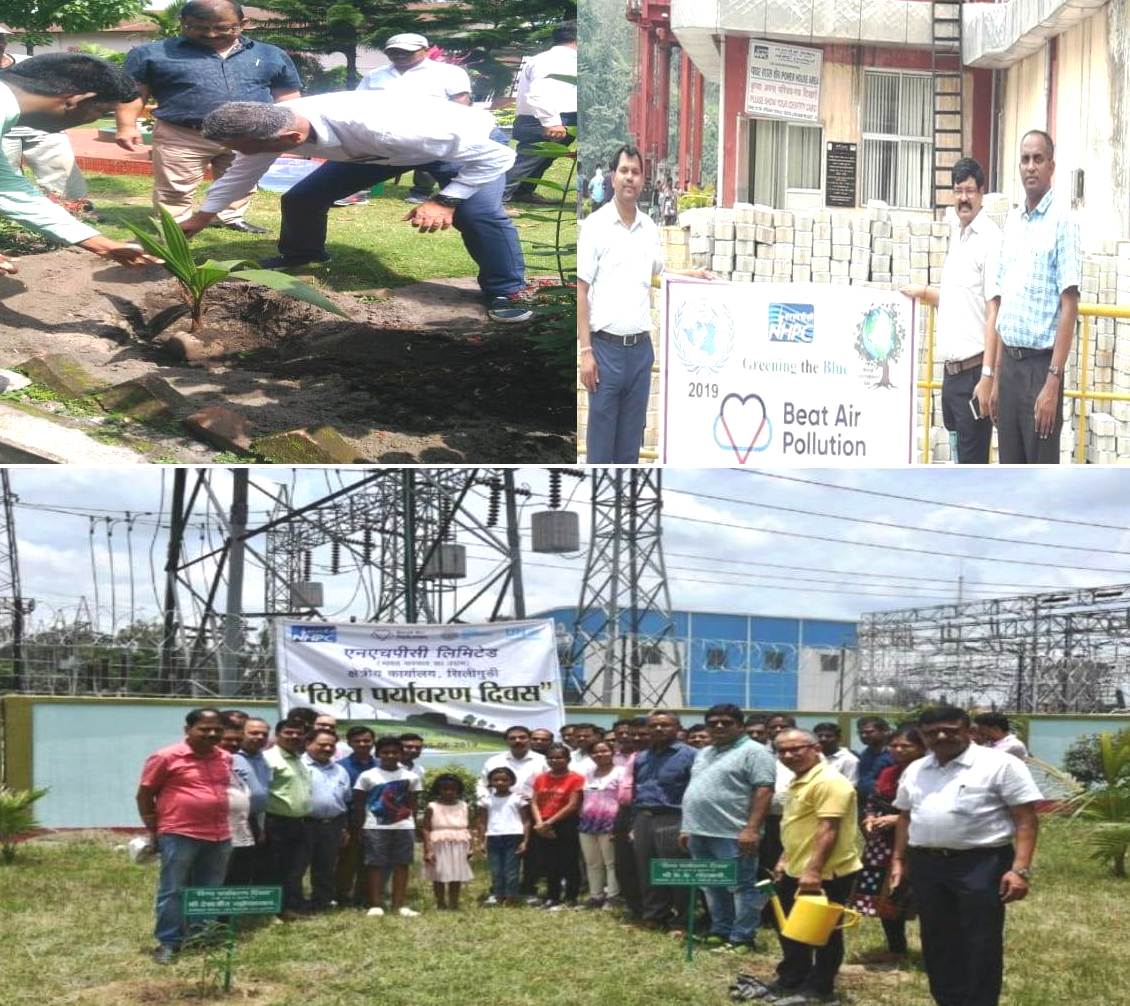

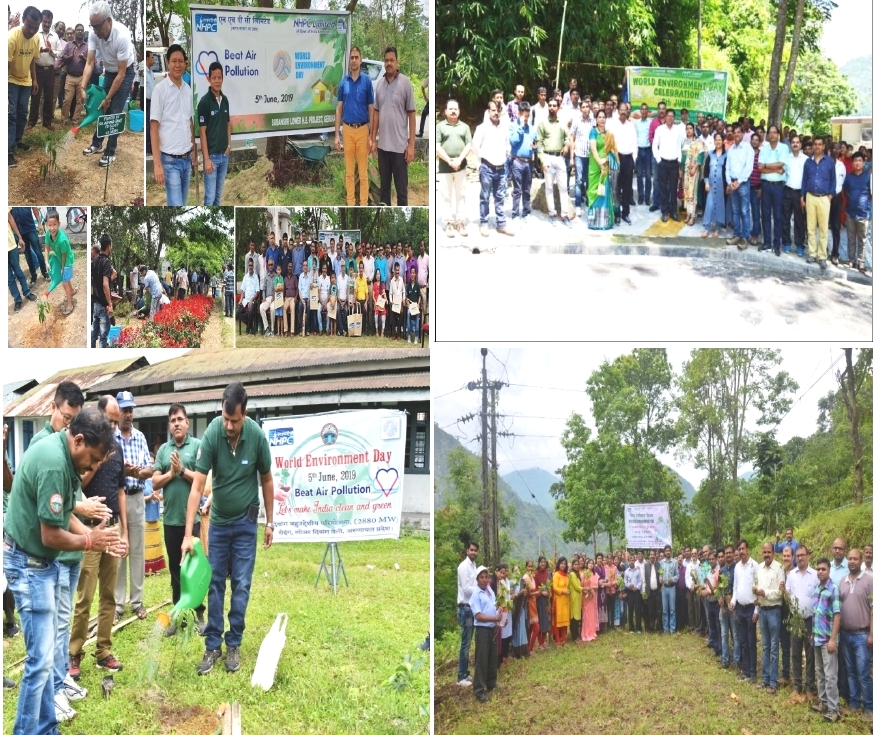
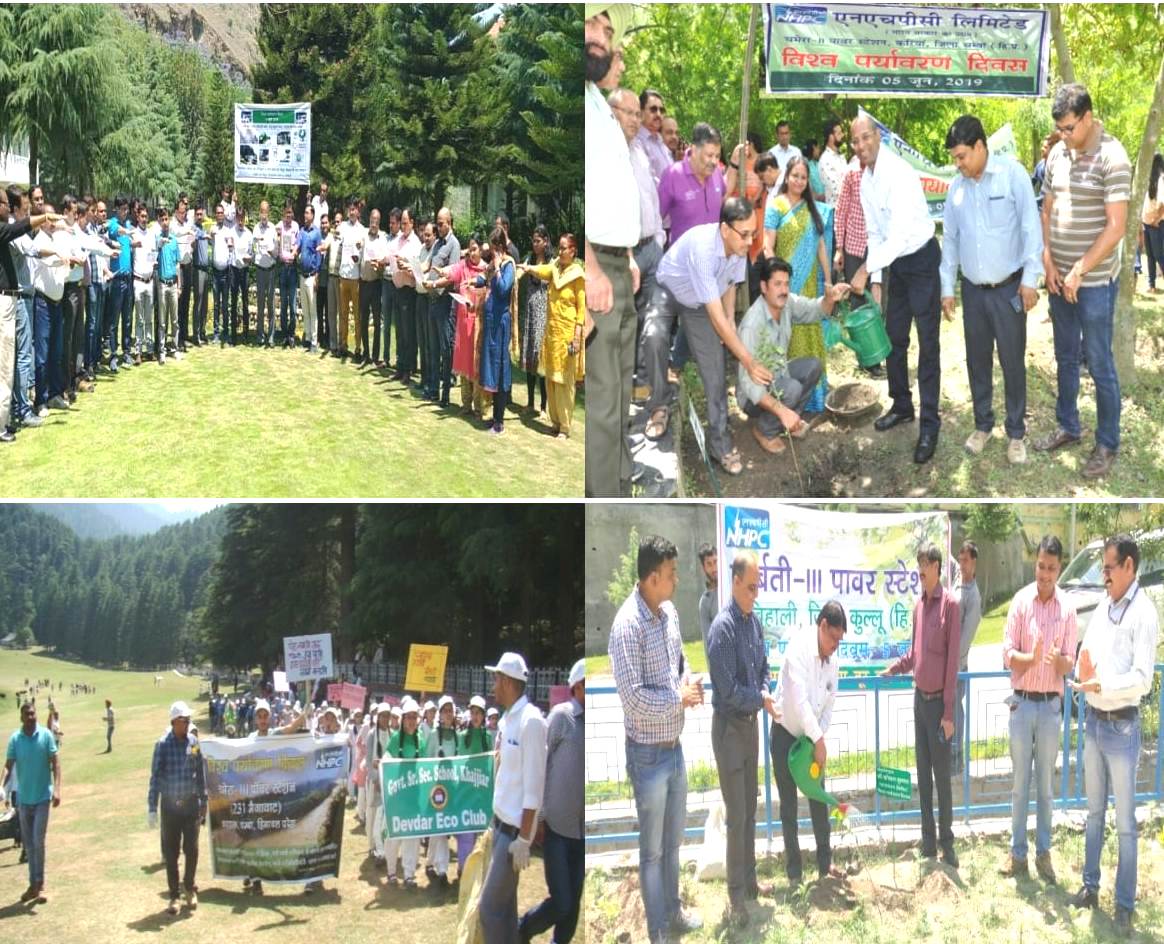
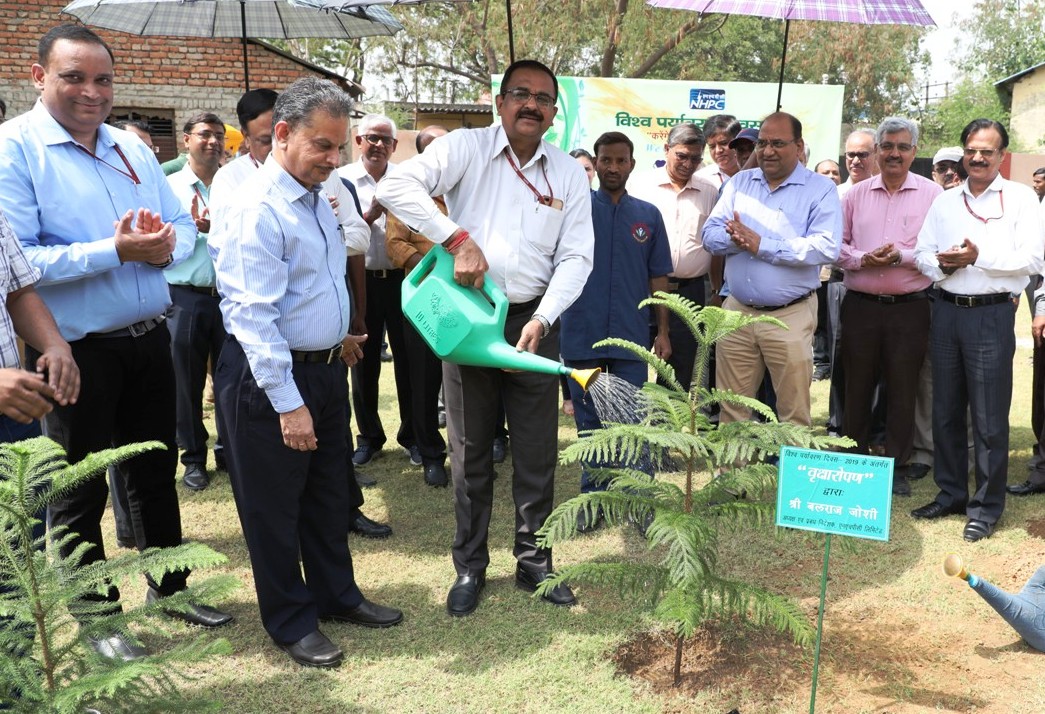
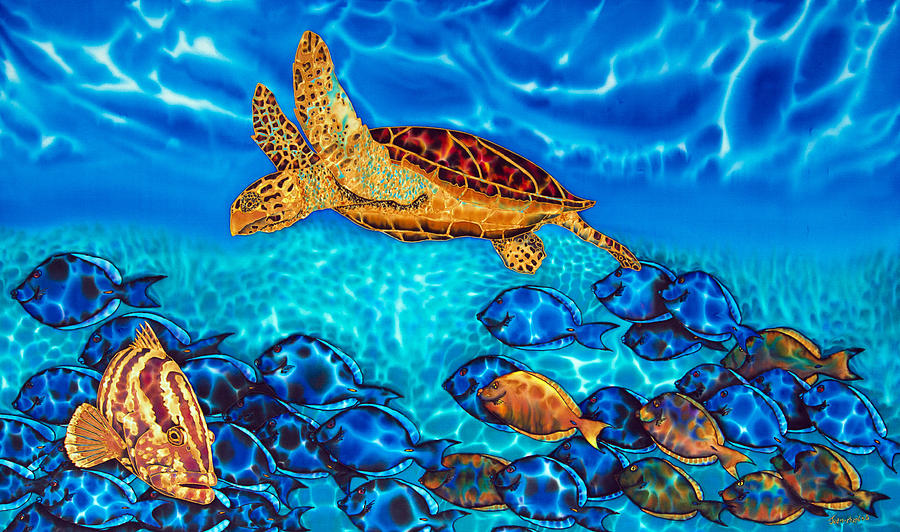
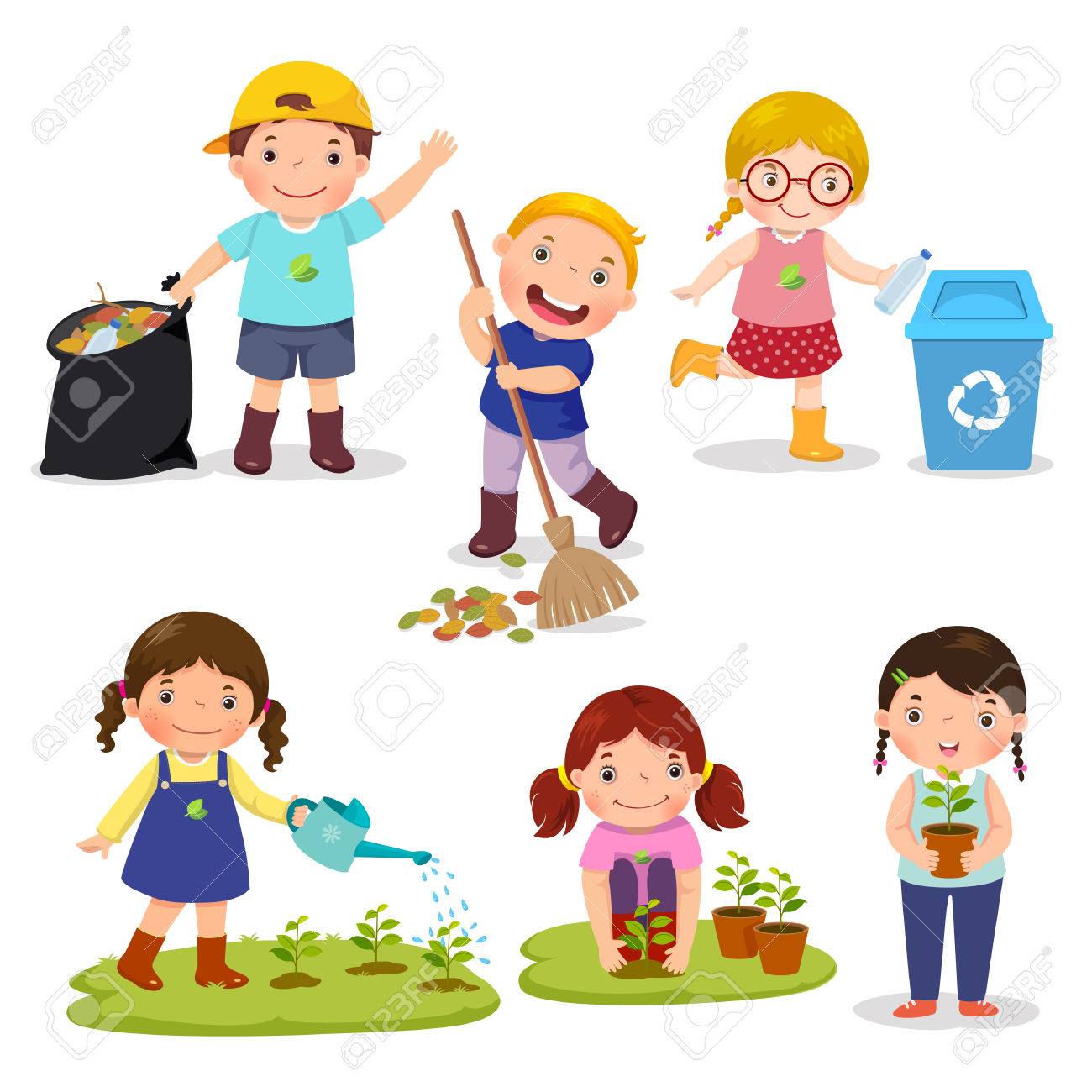
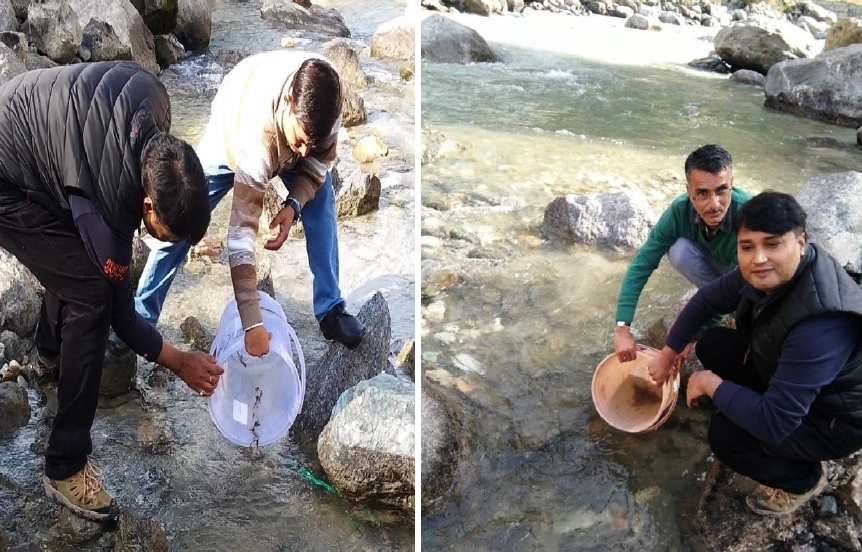


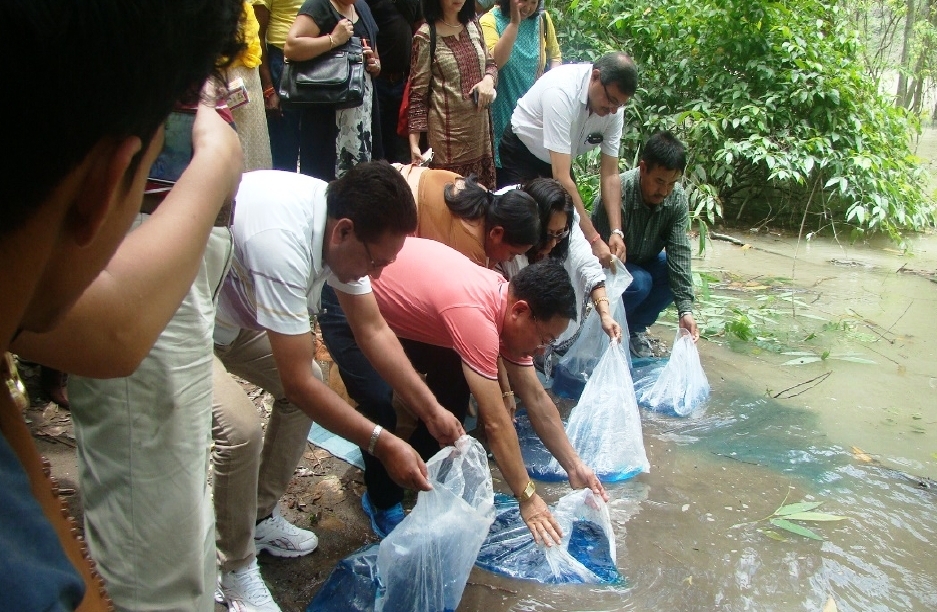

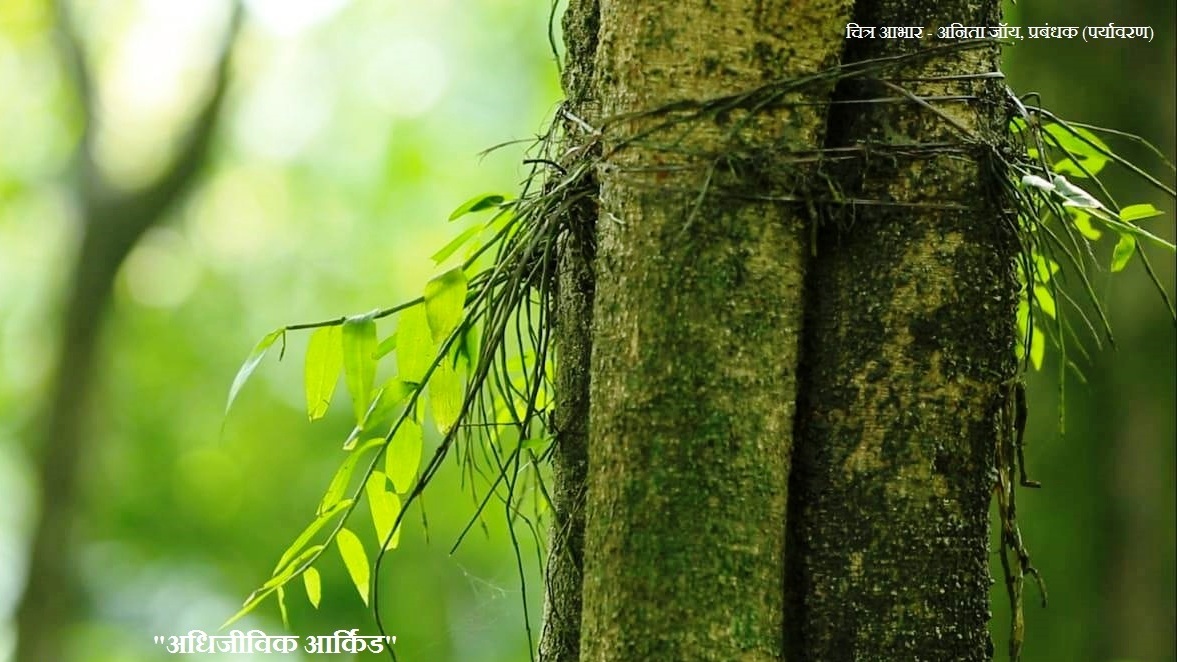
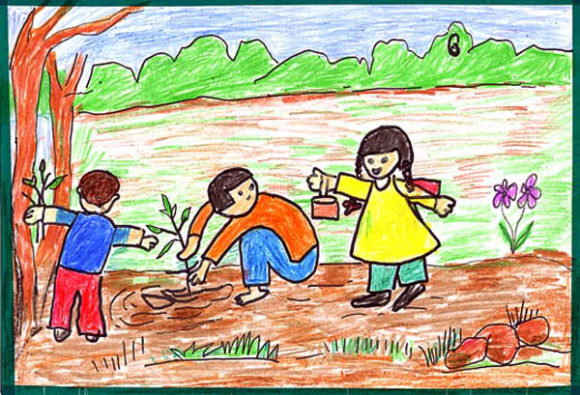
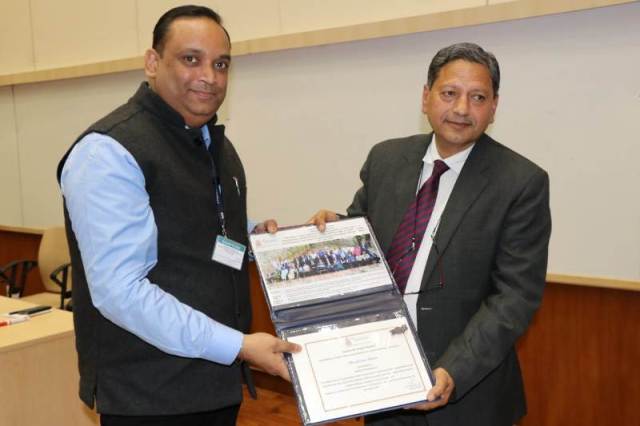
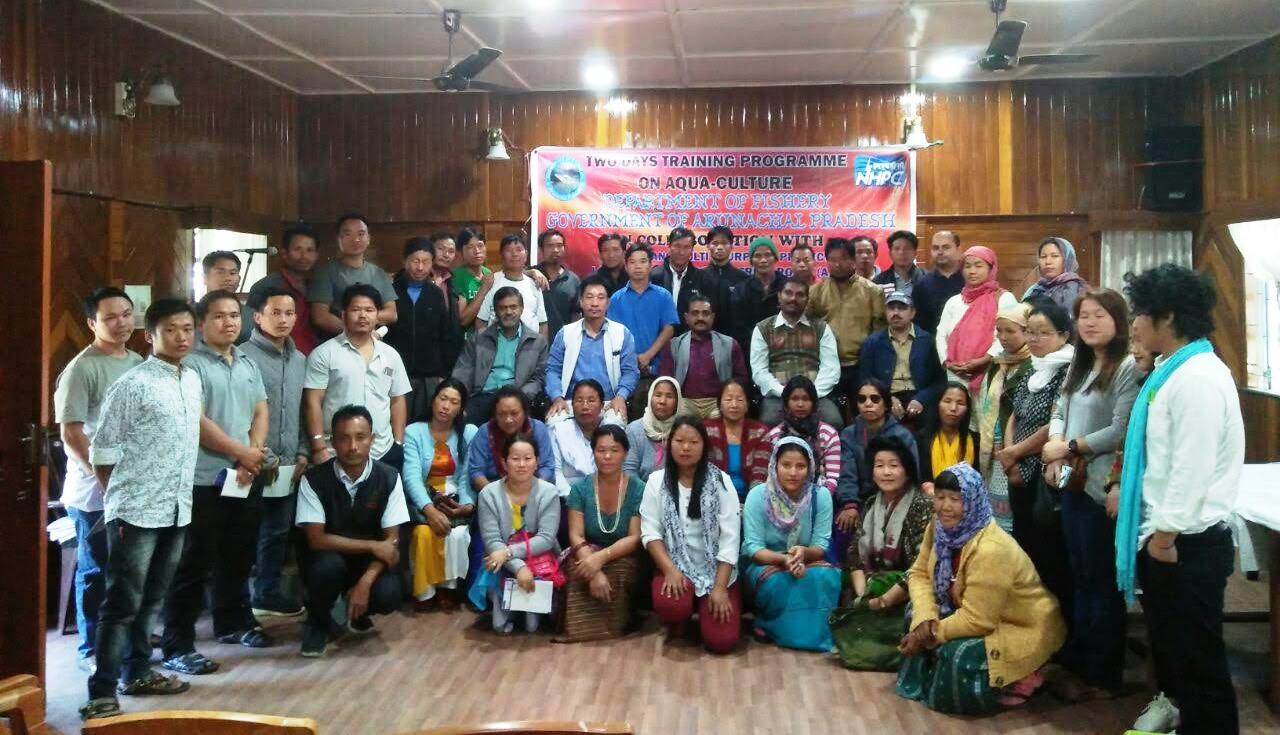
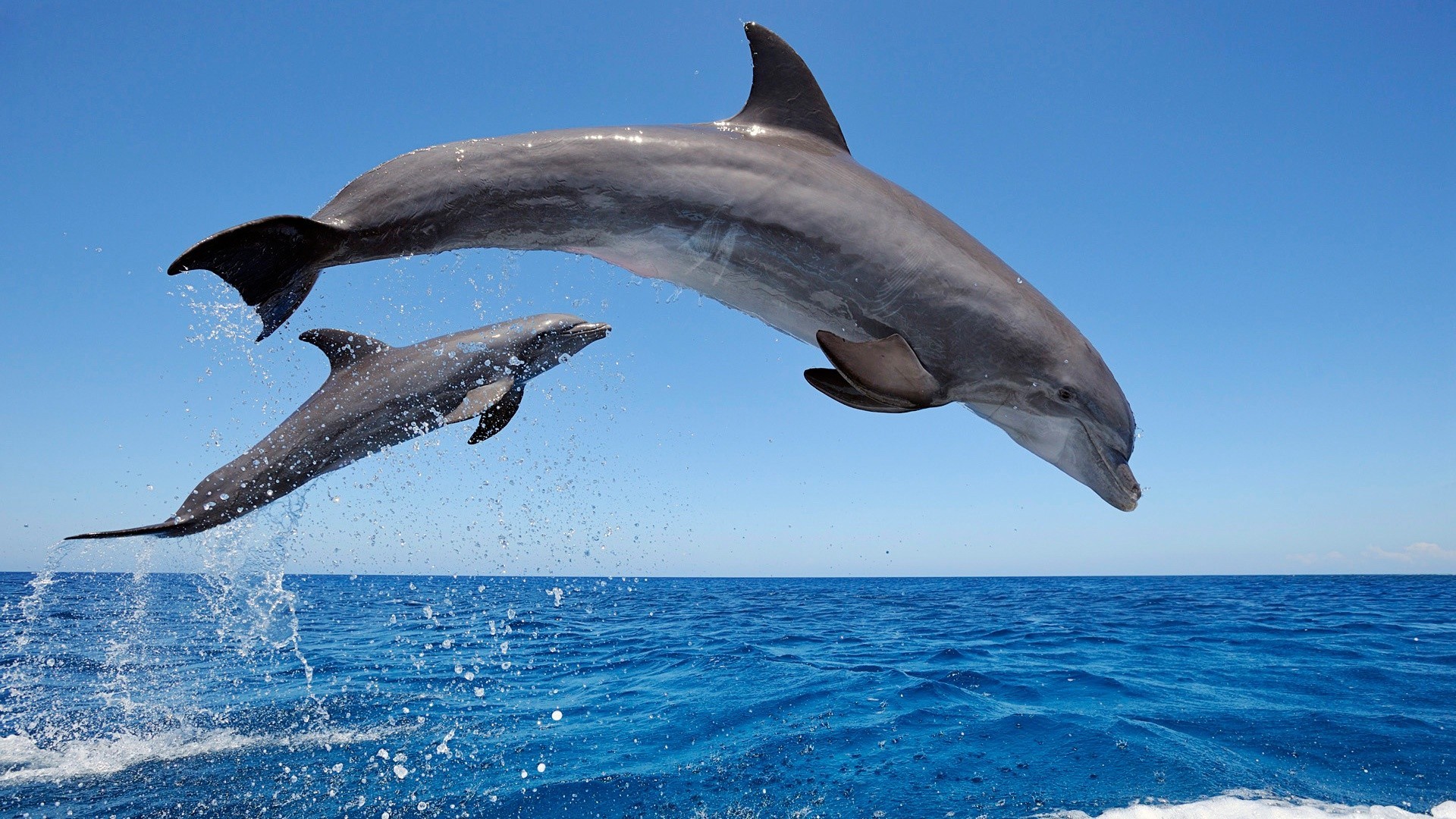
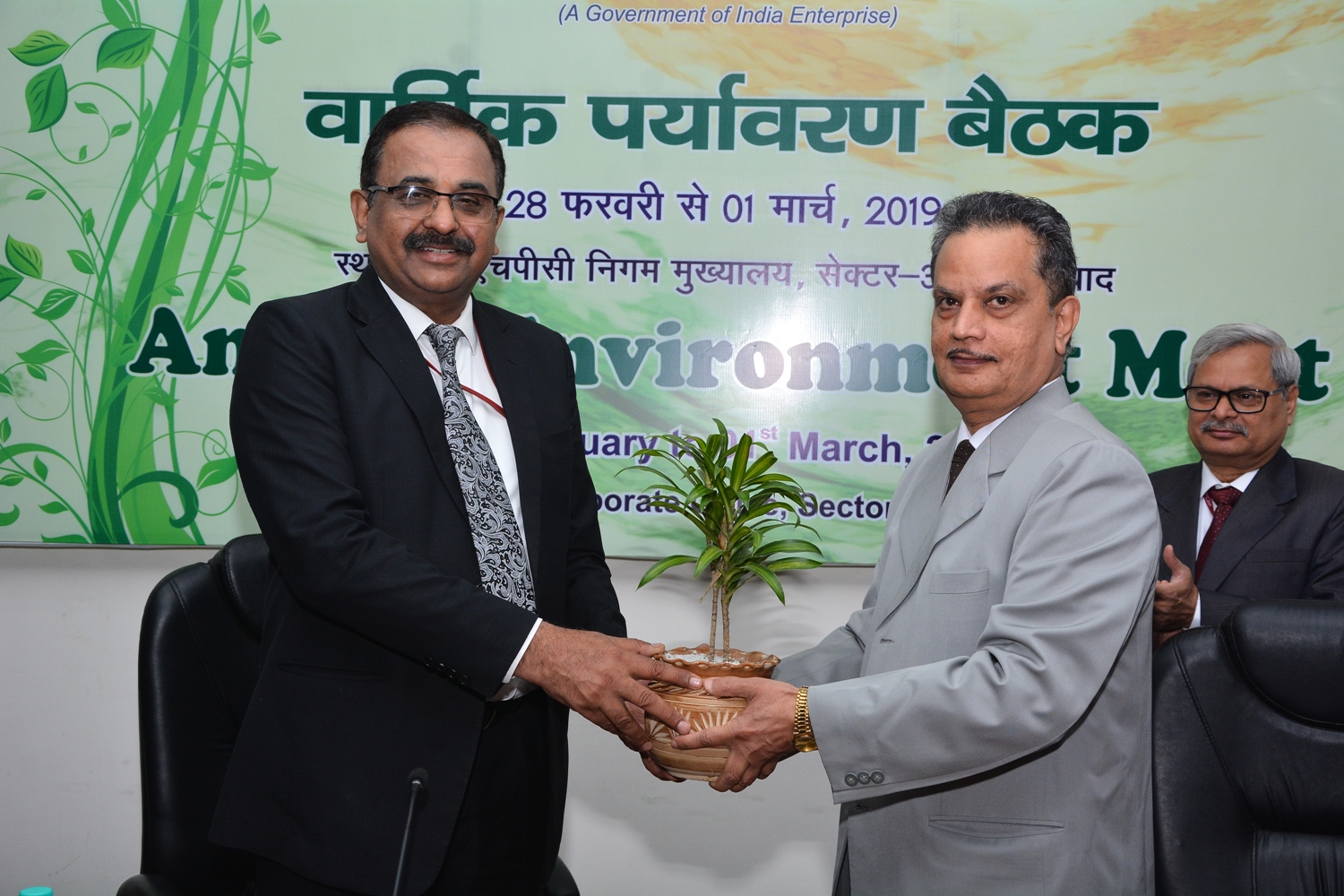










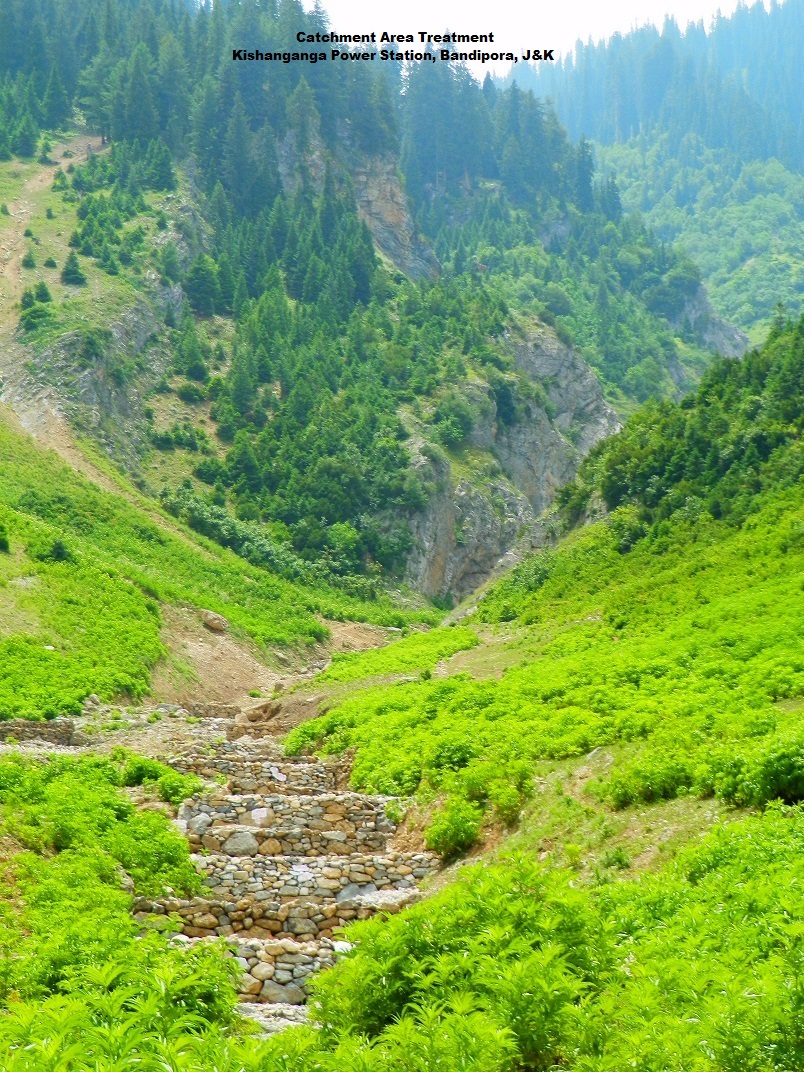
Leave a Reply